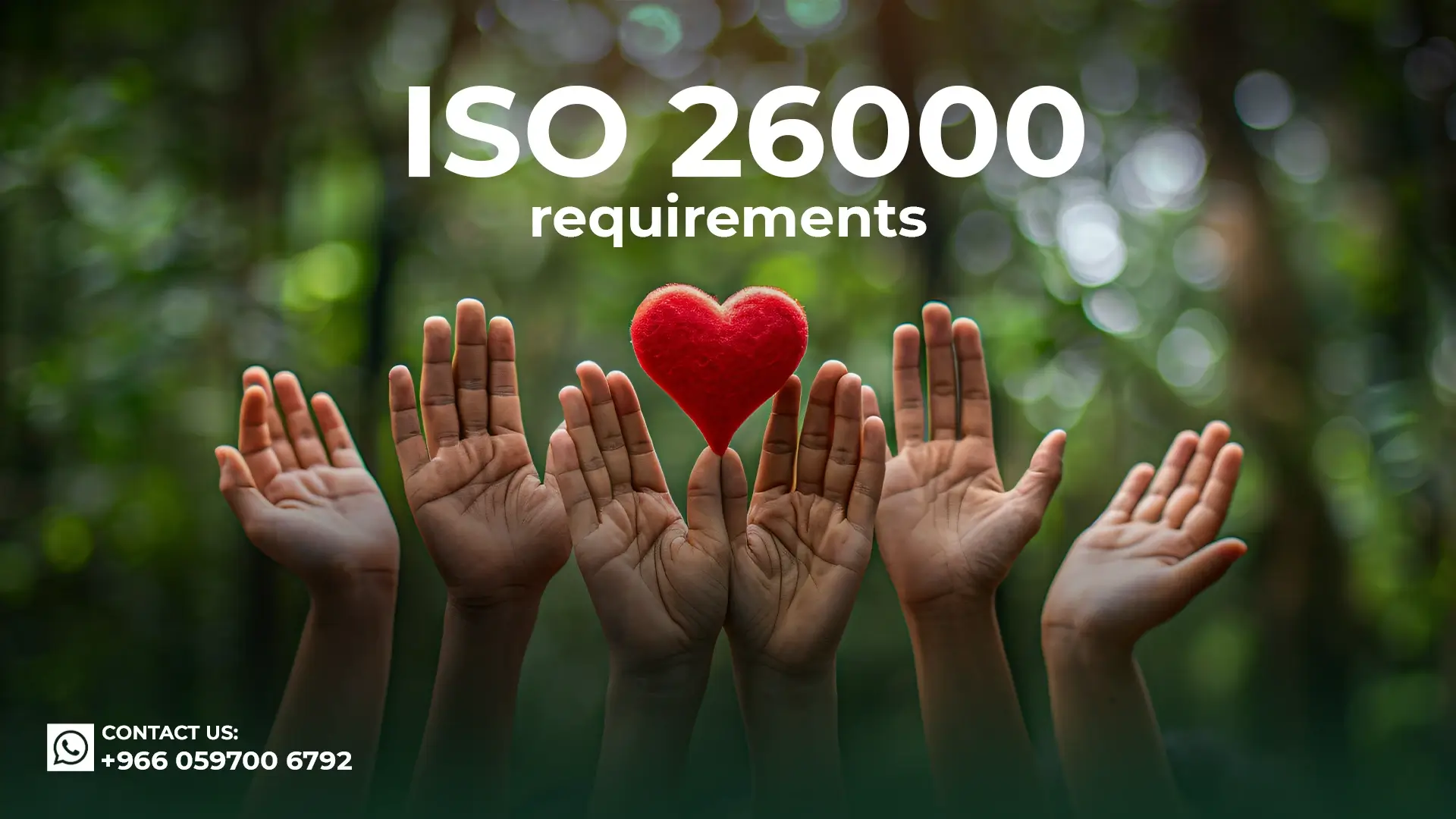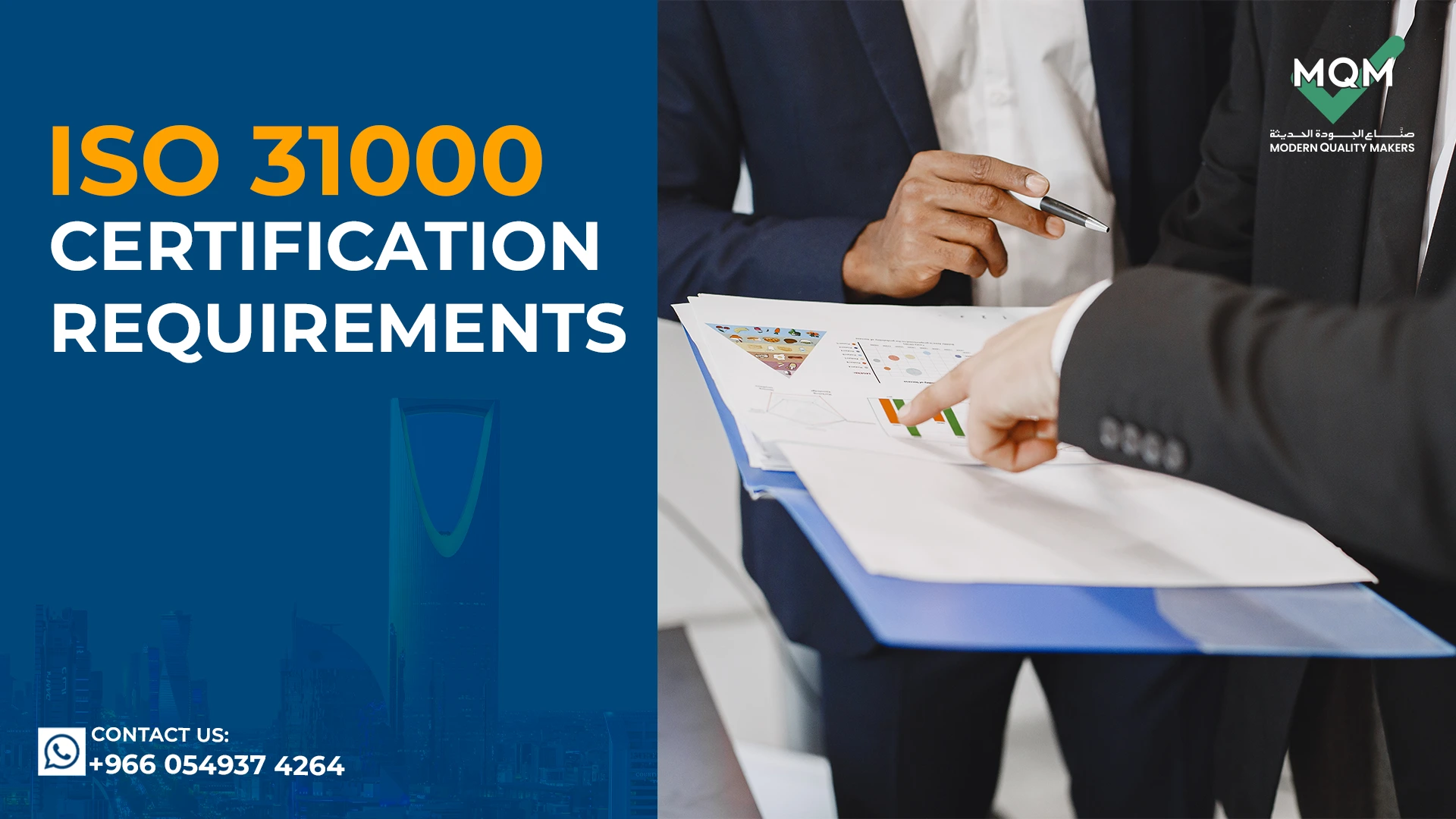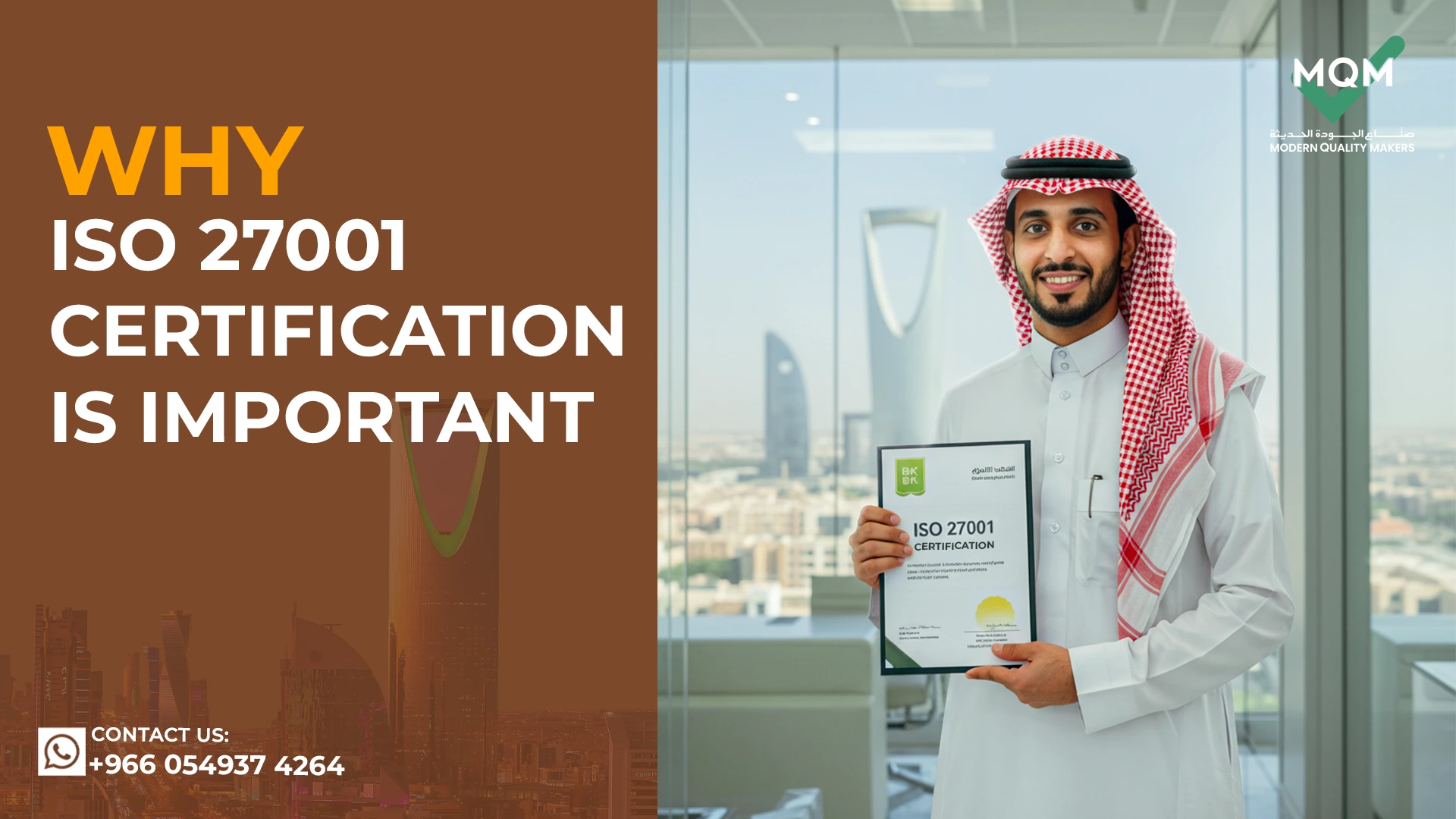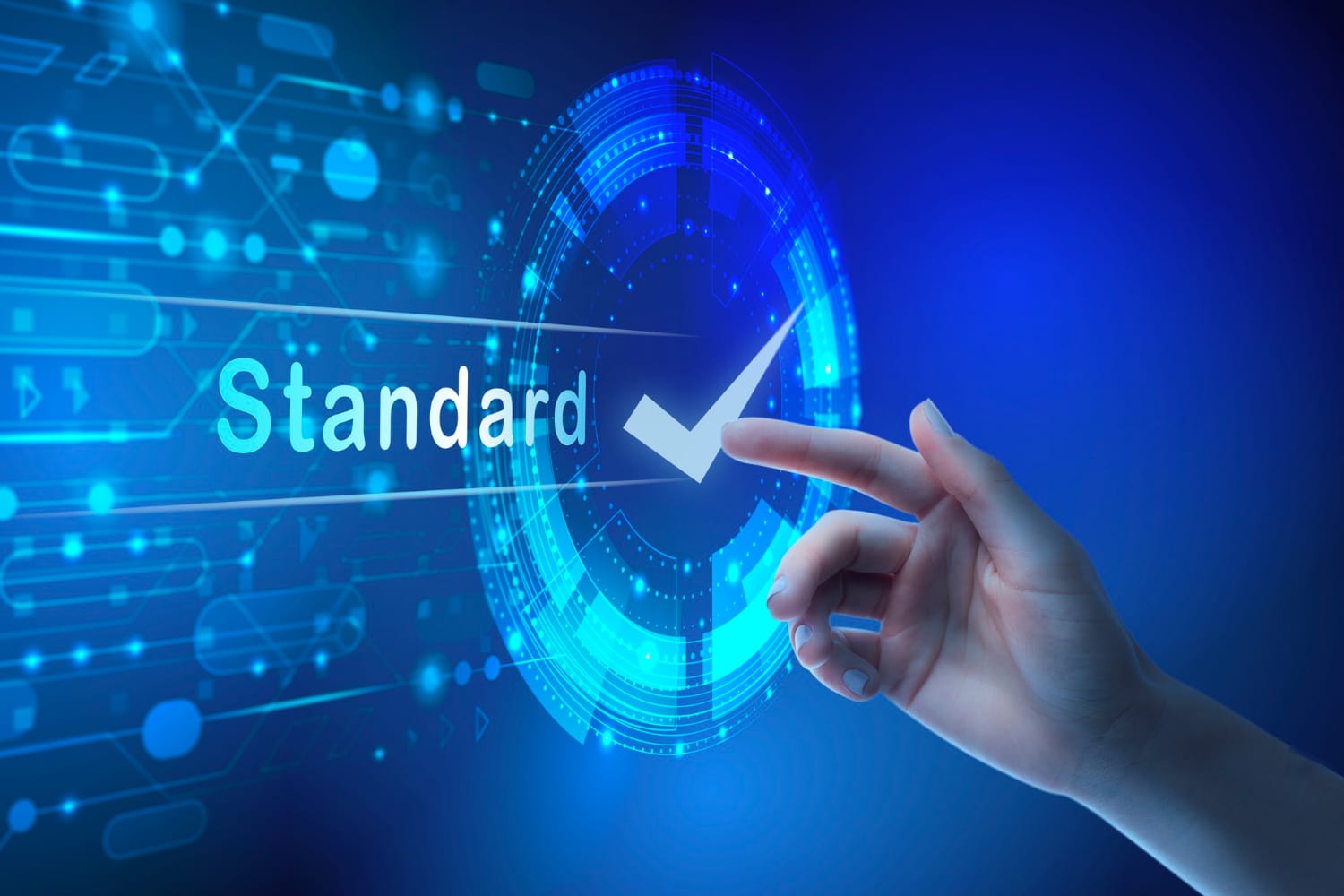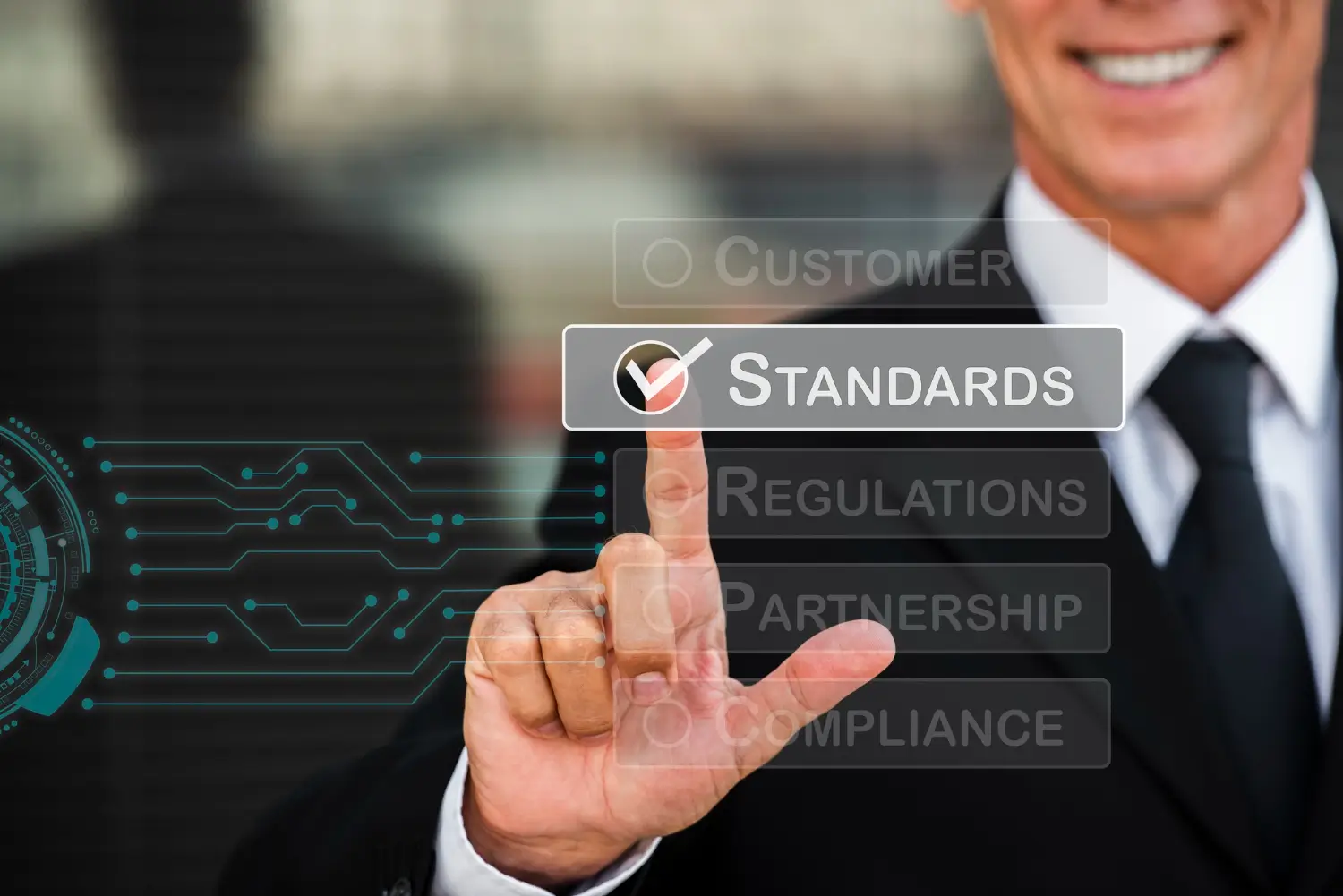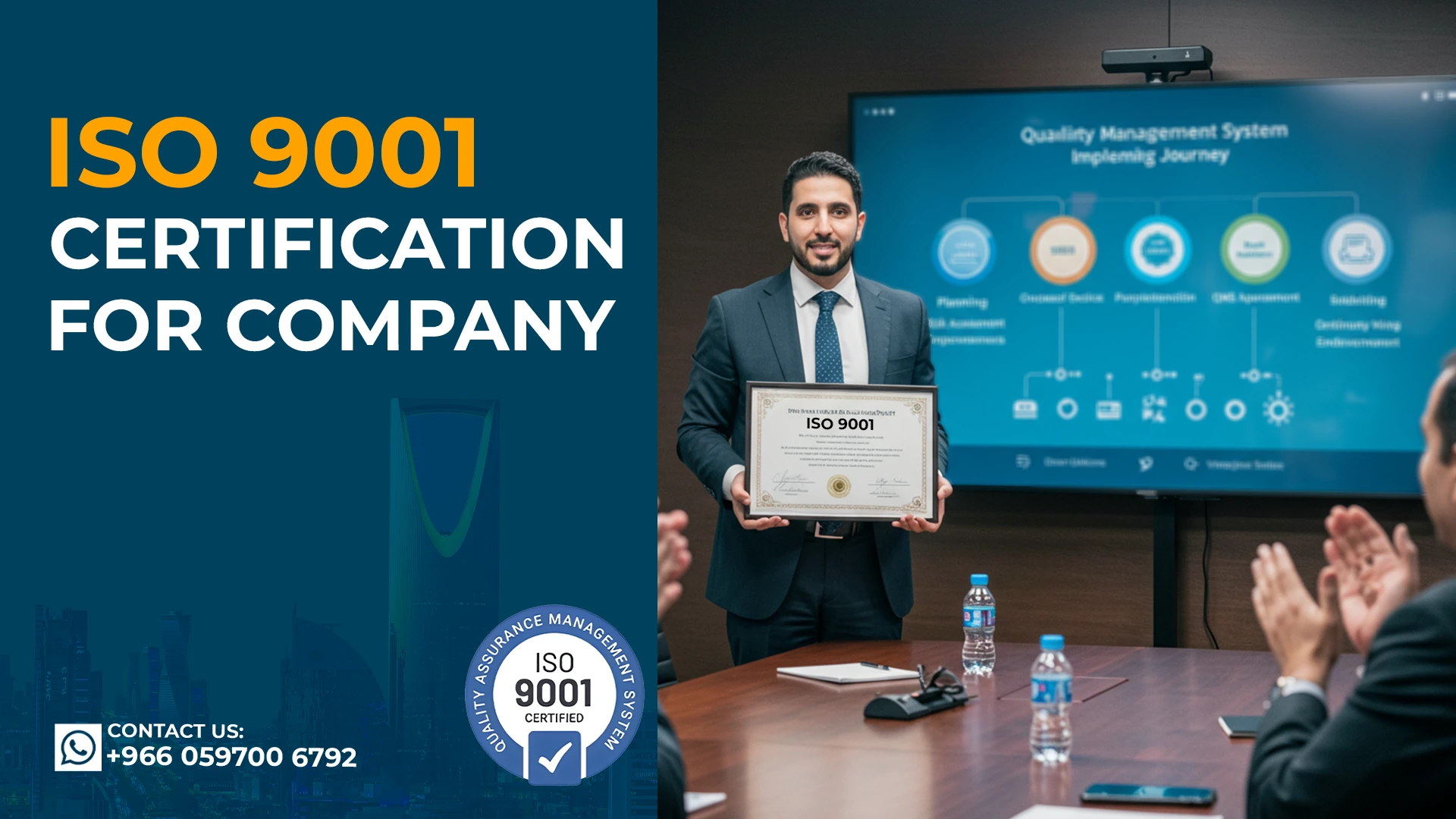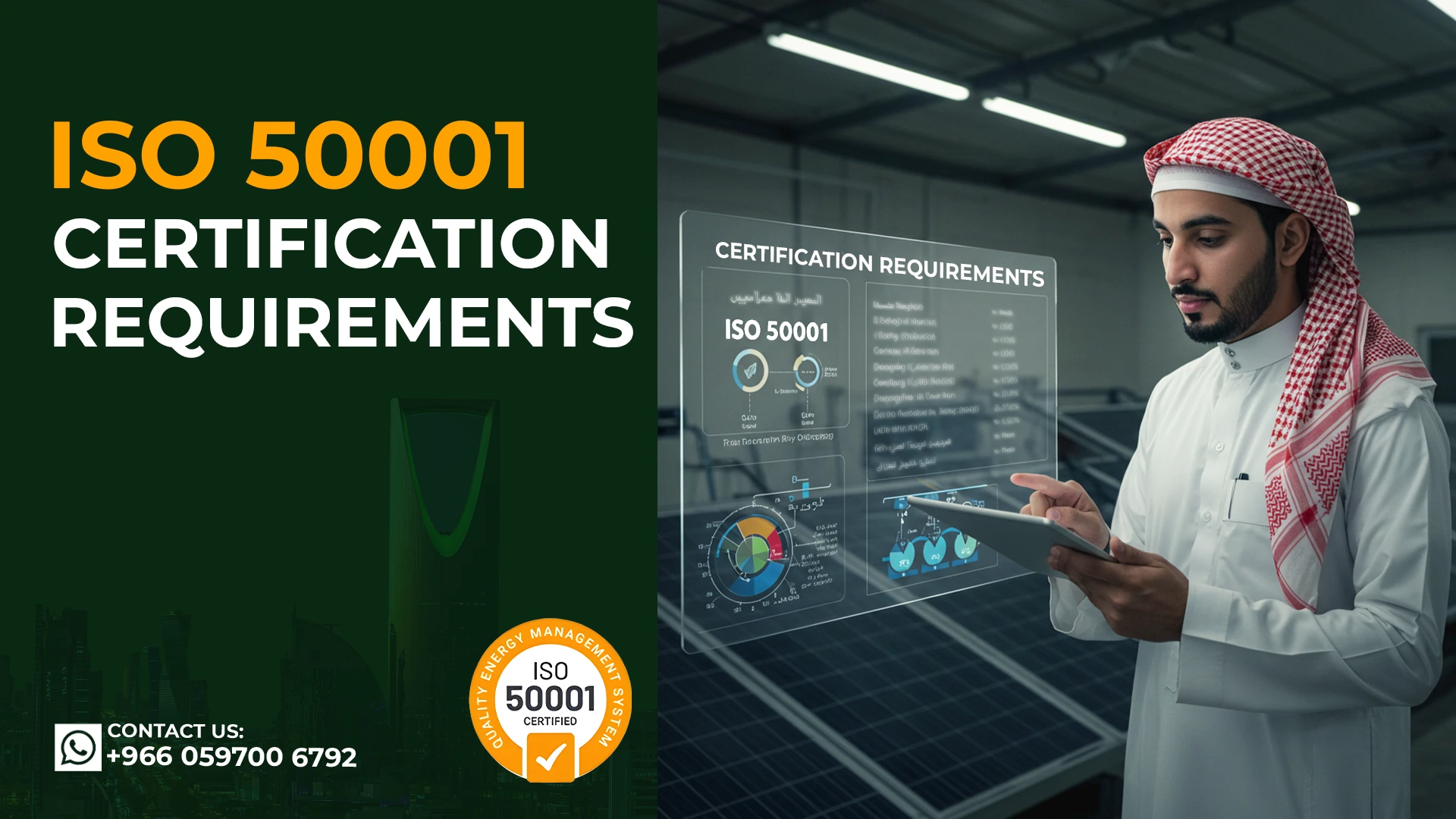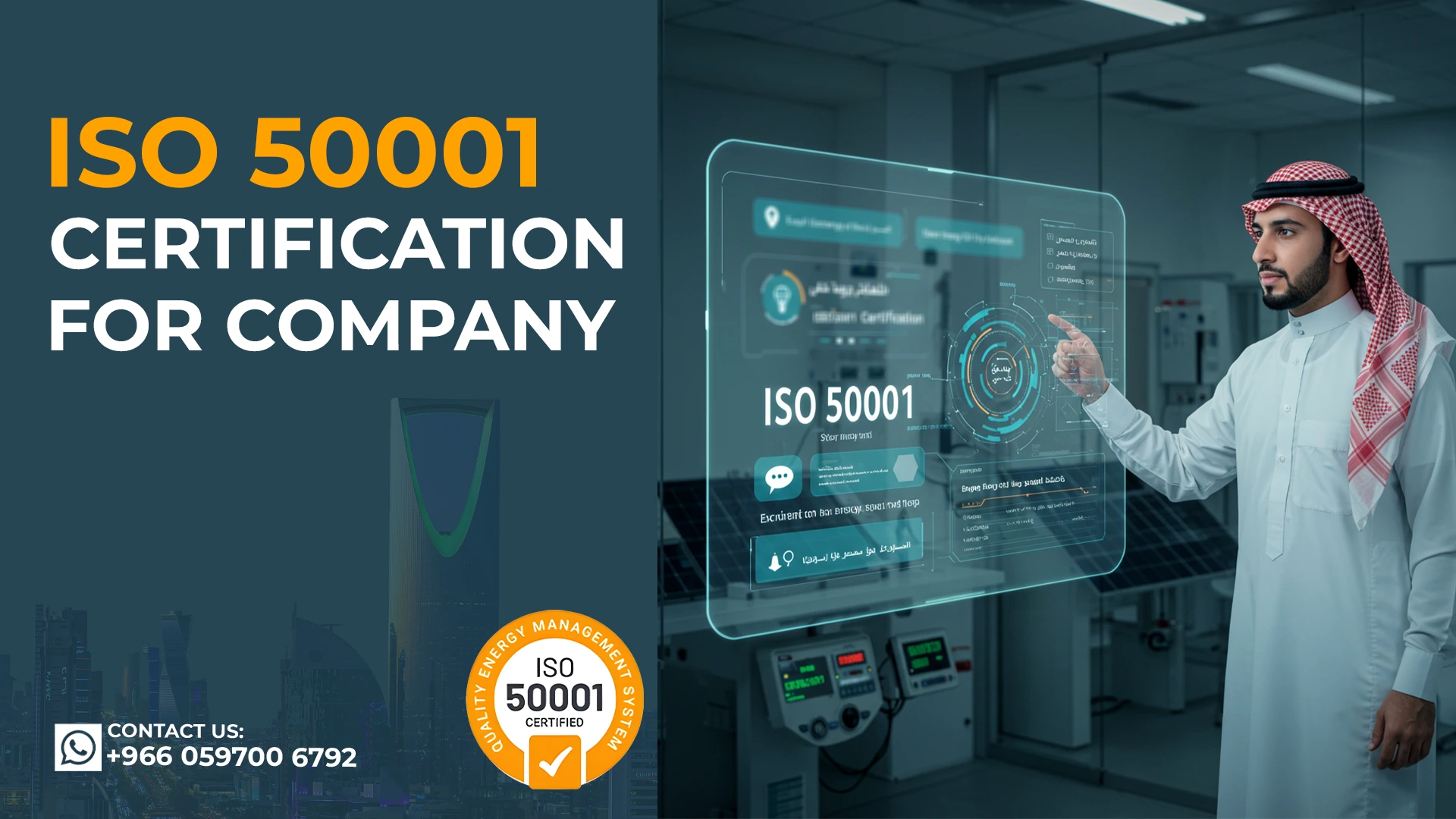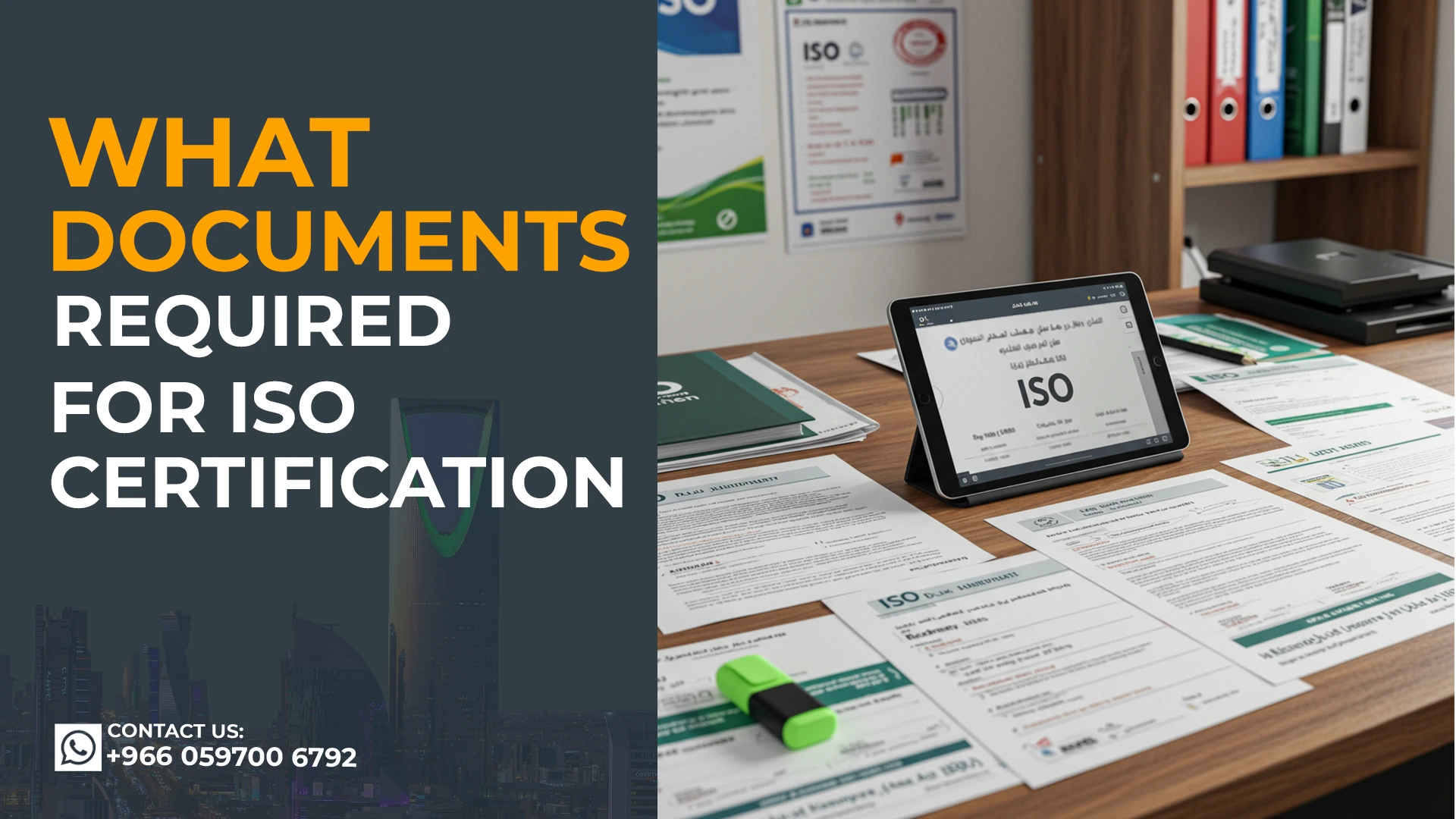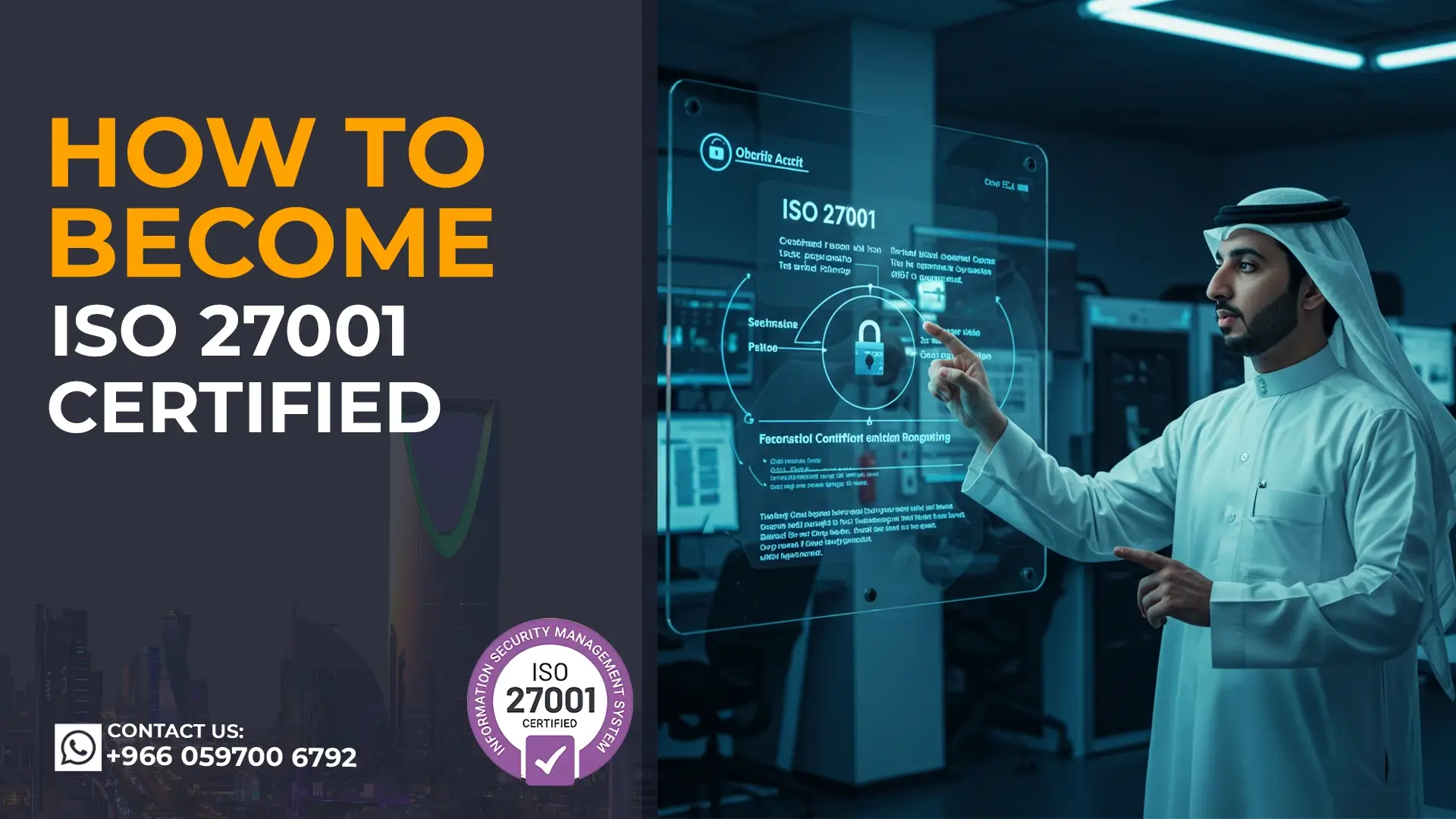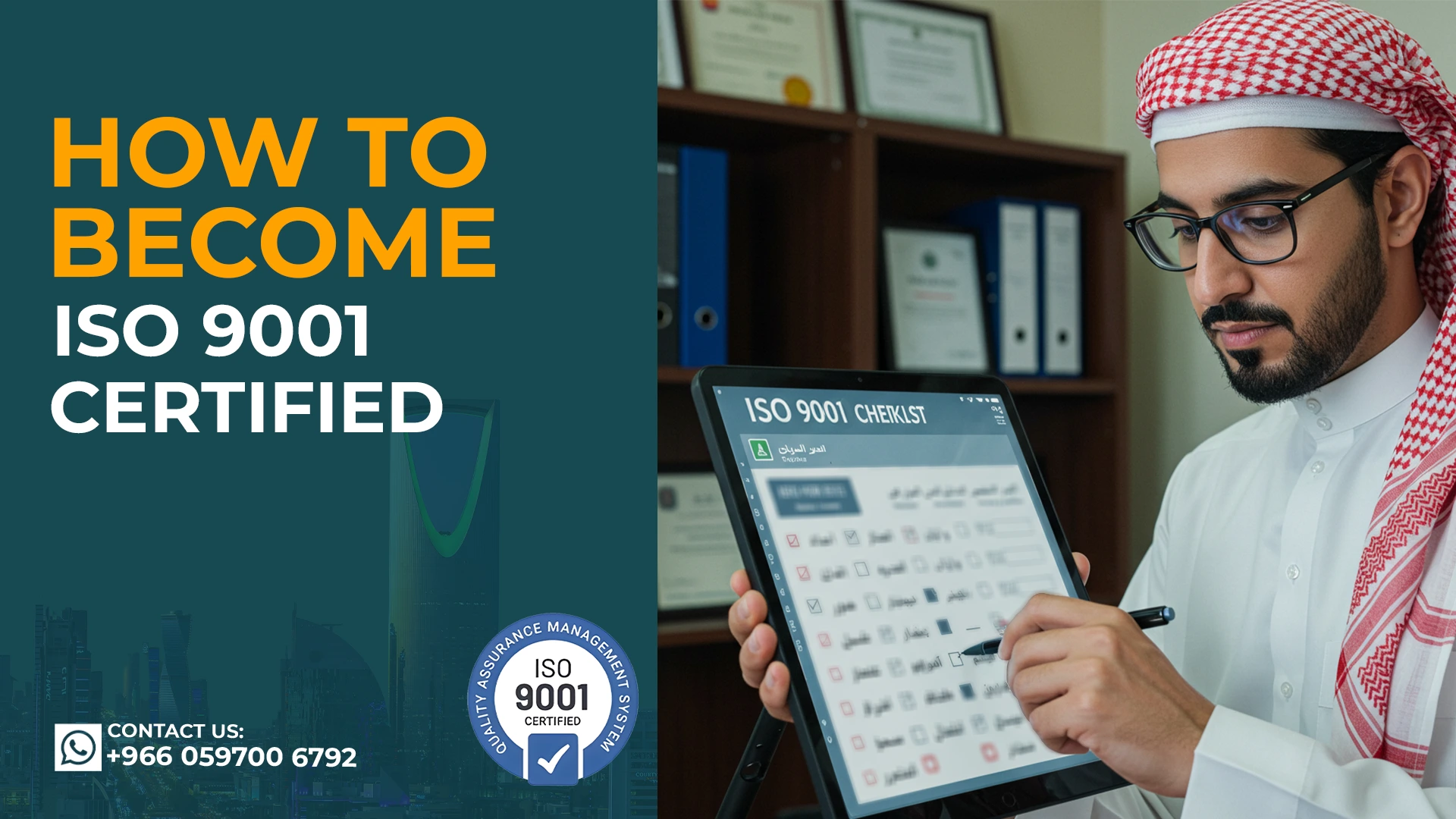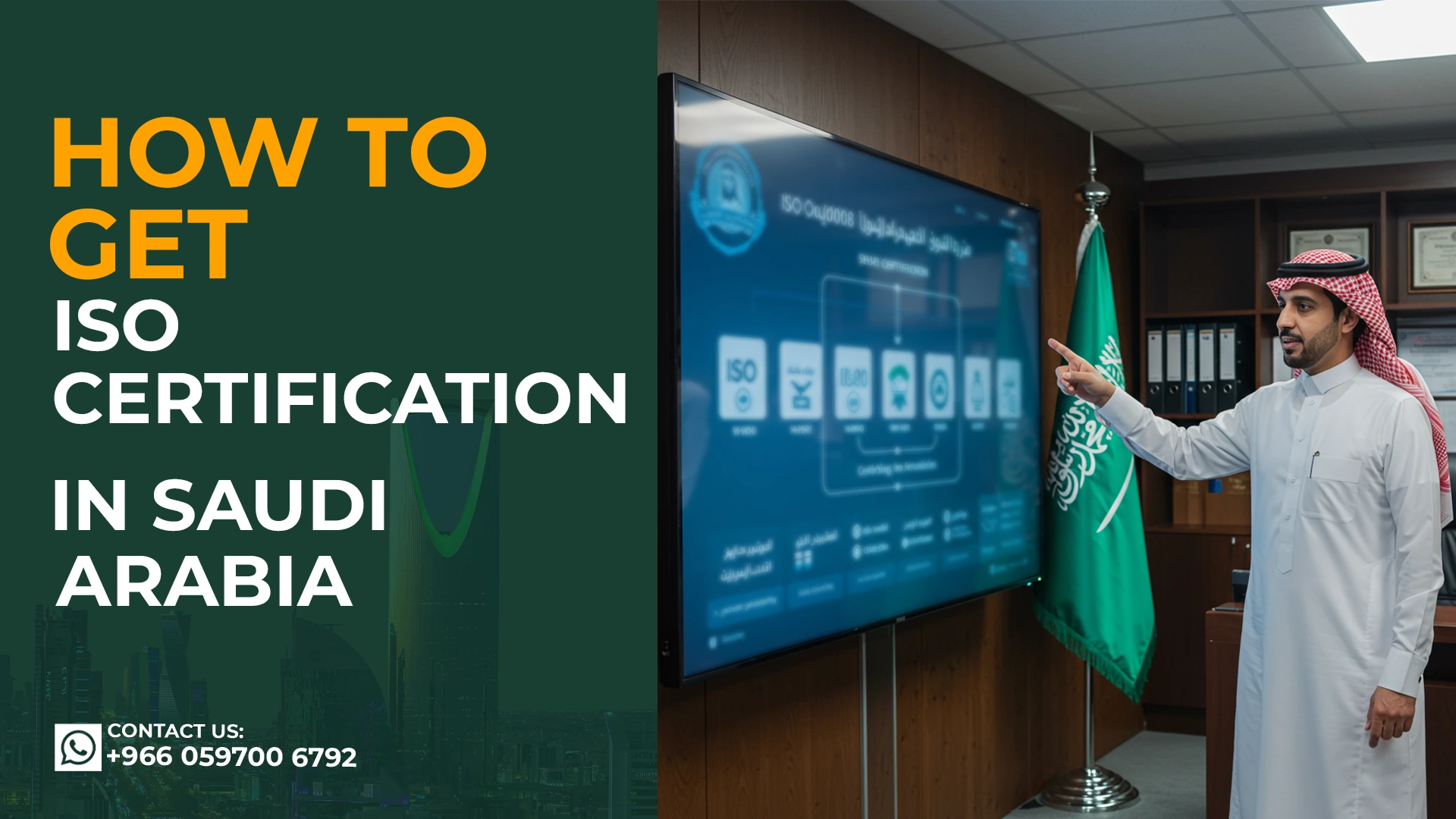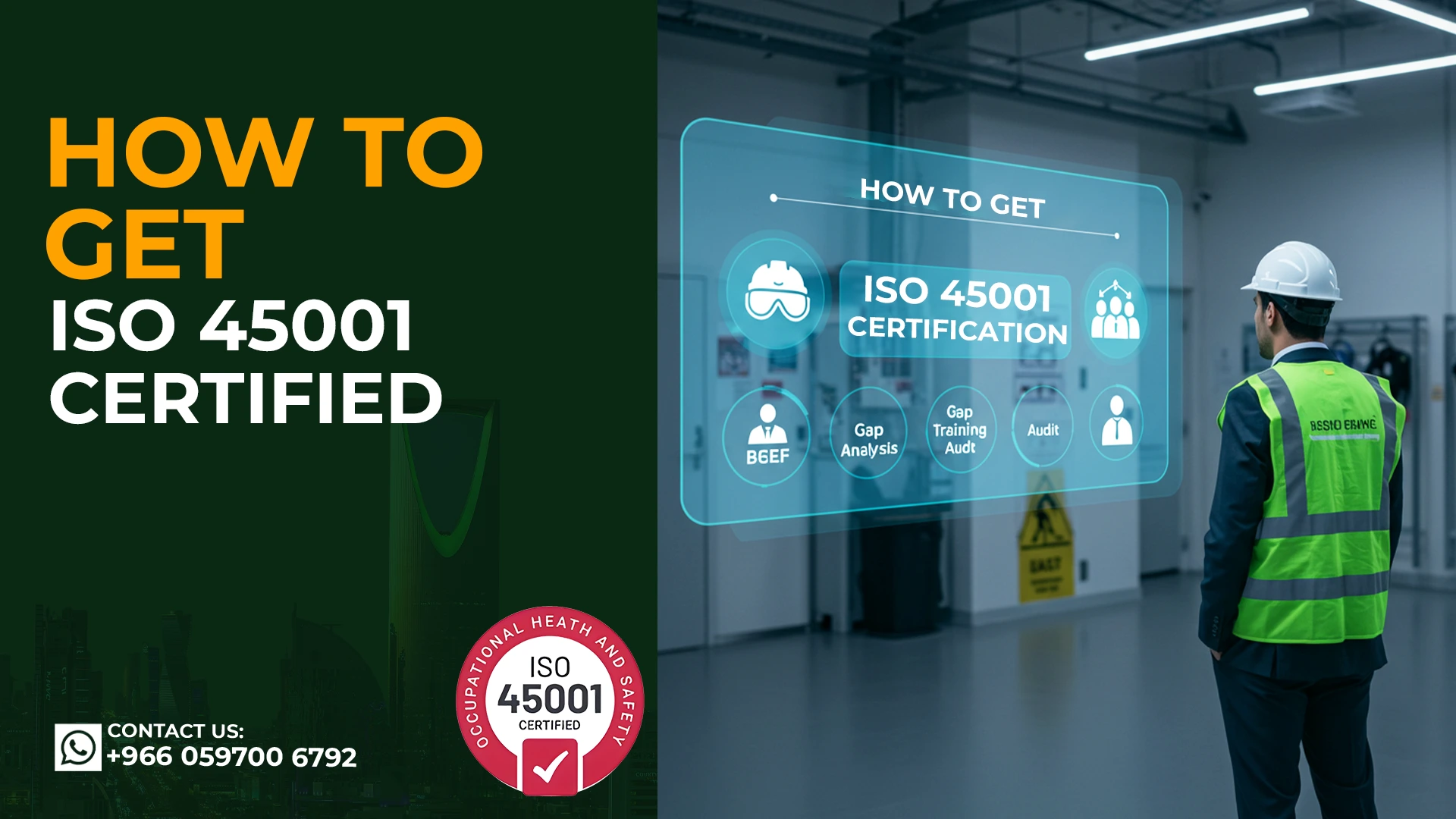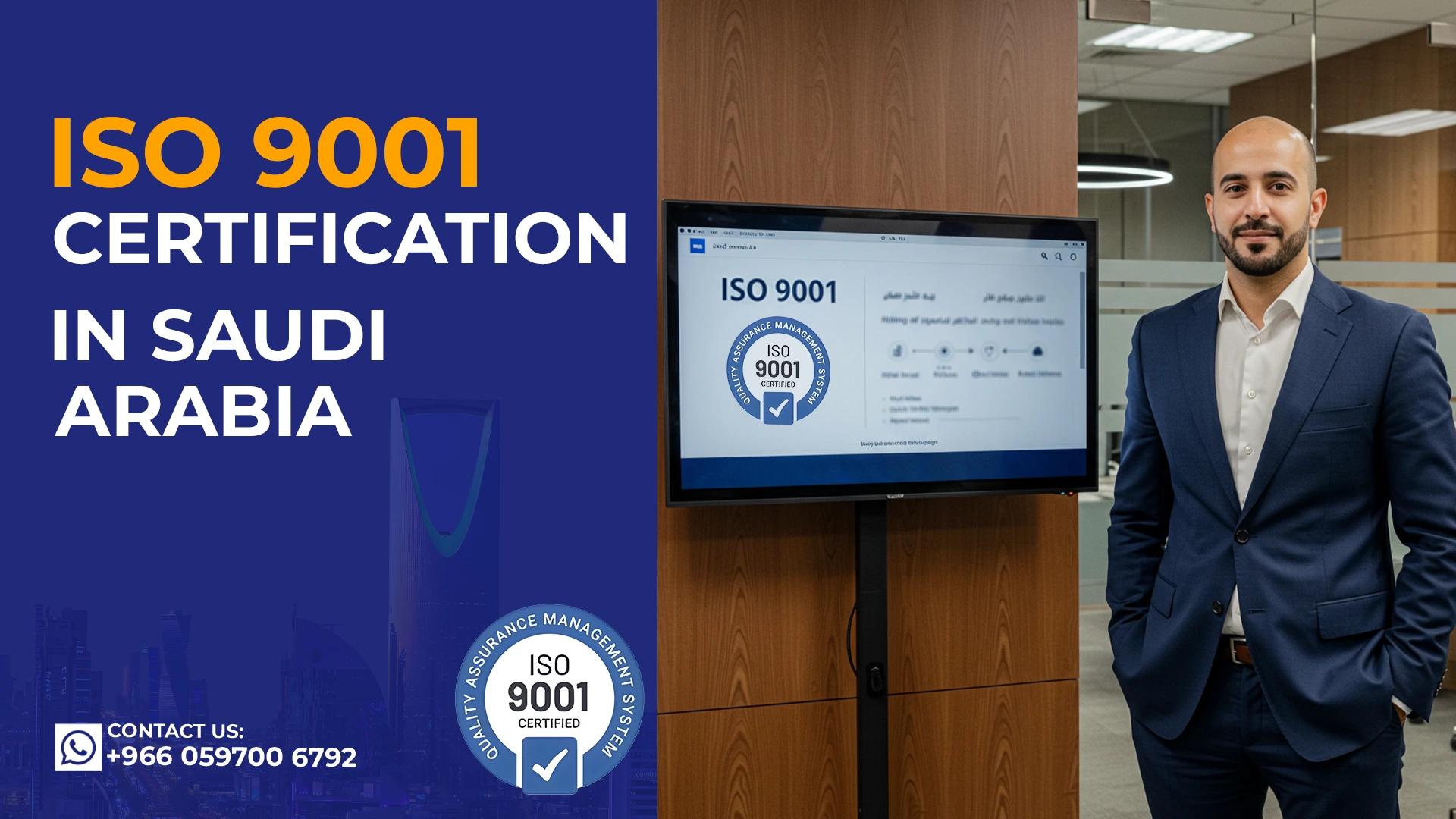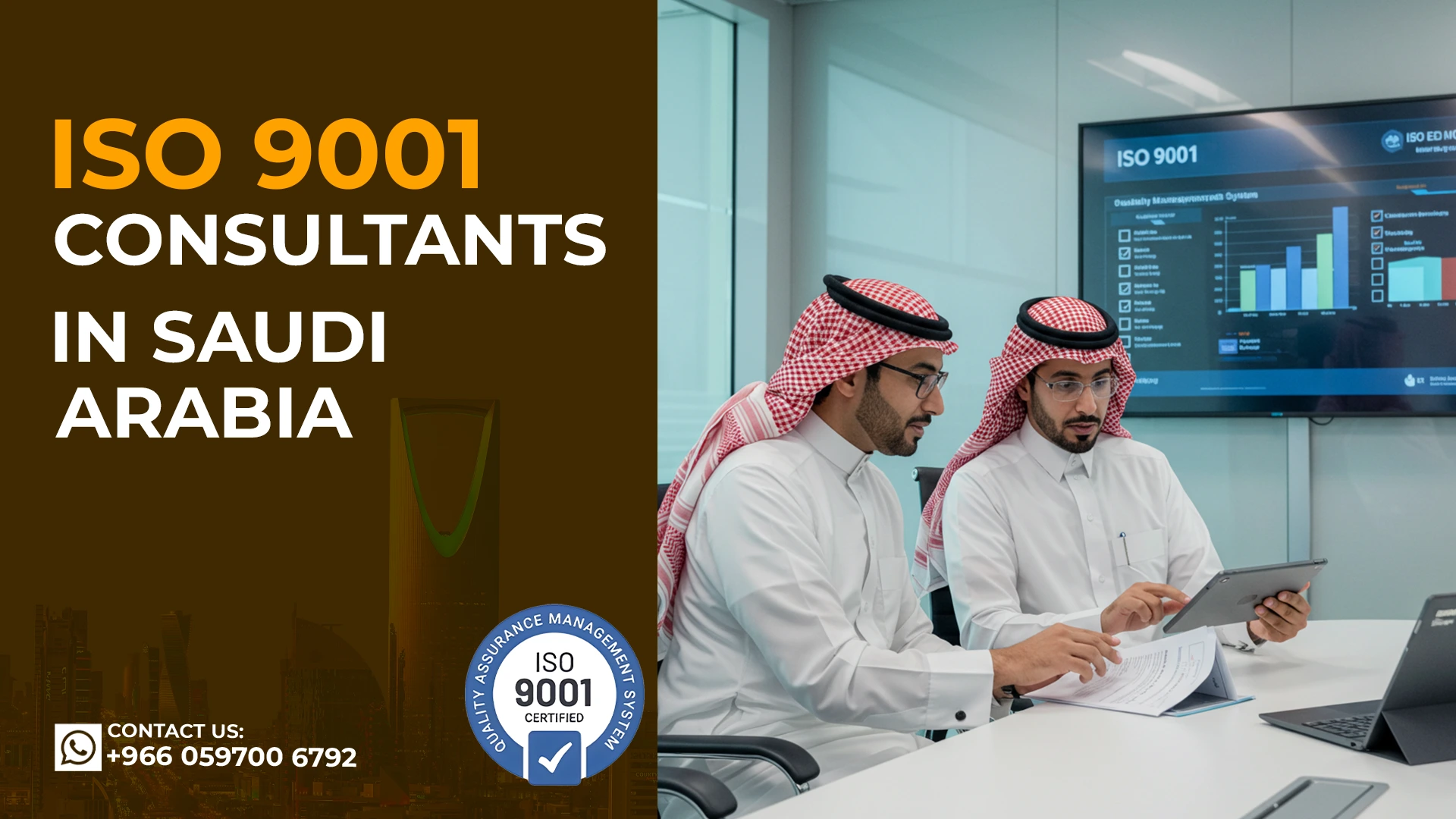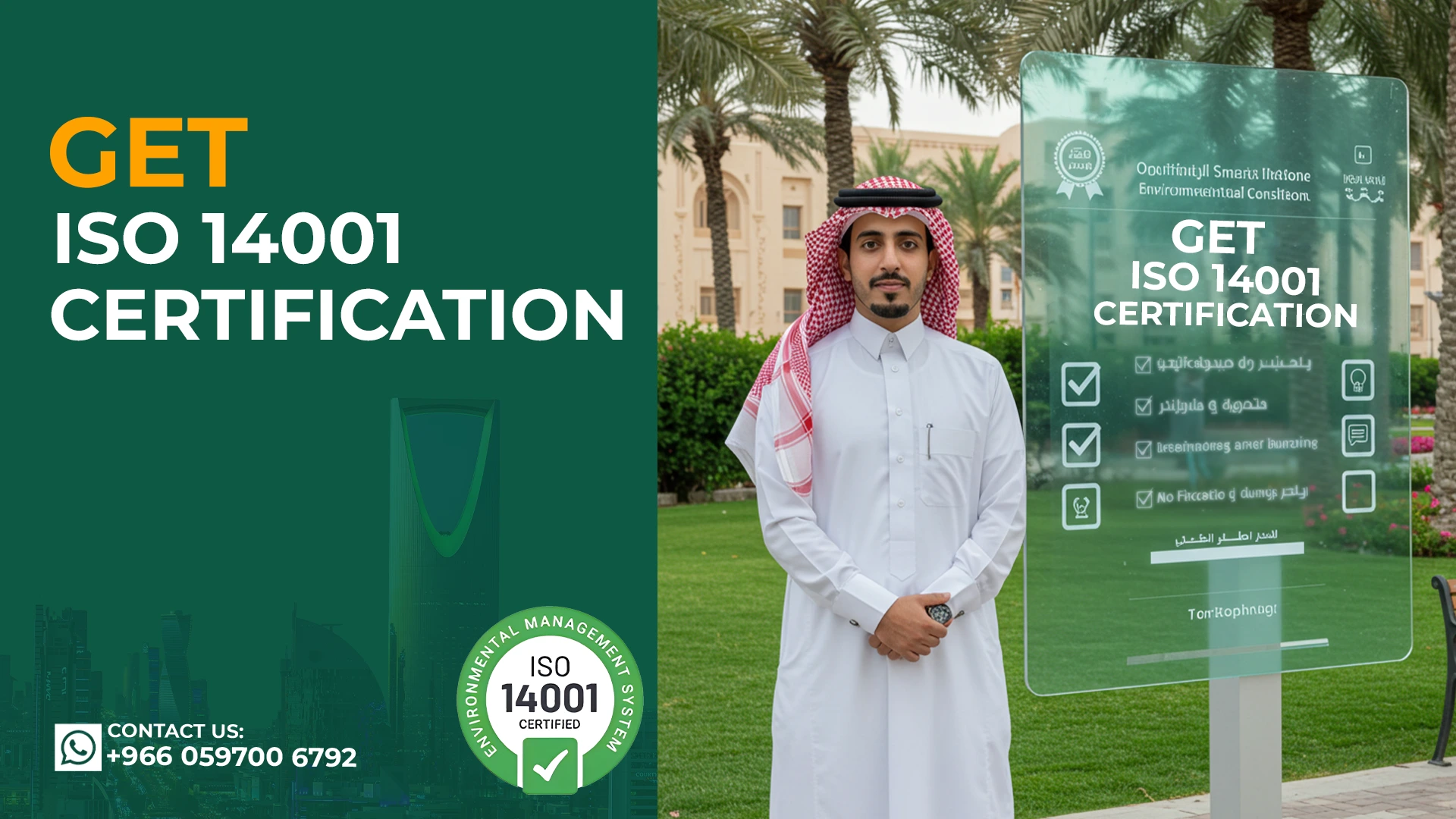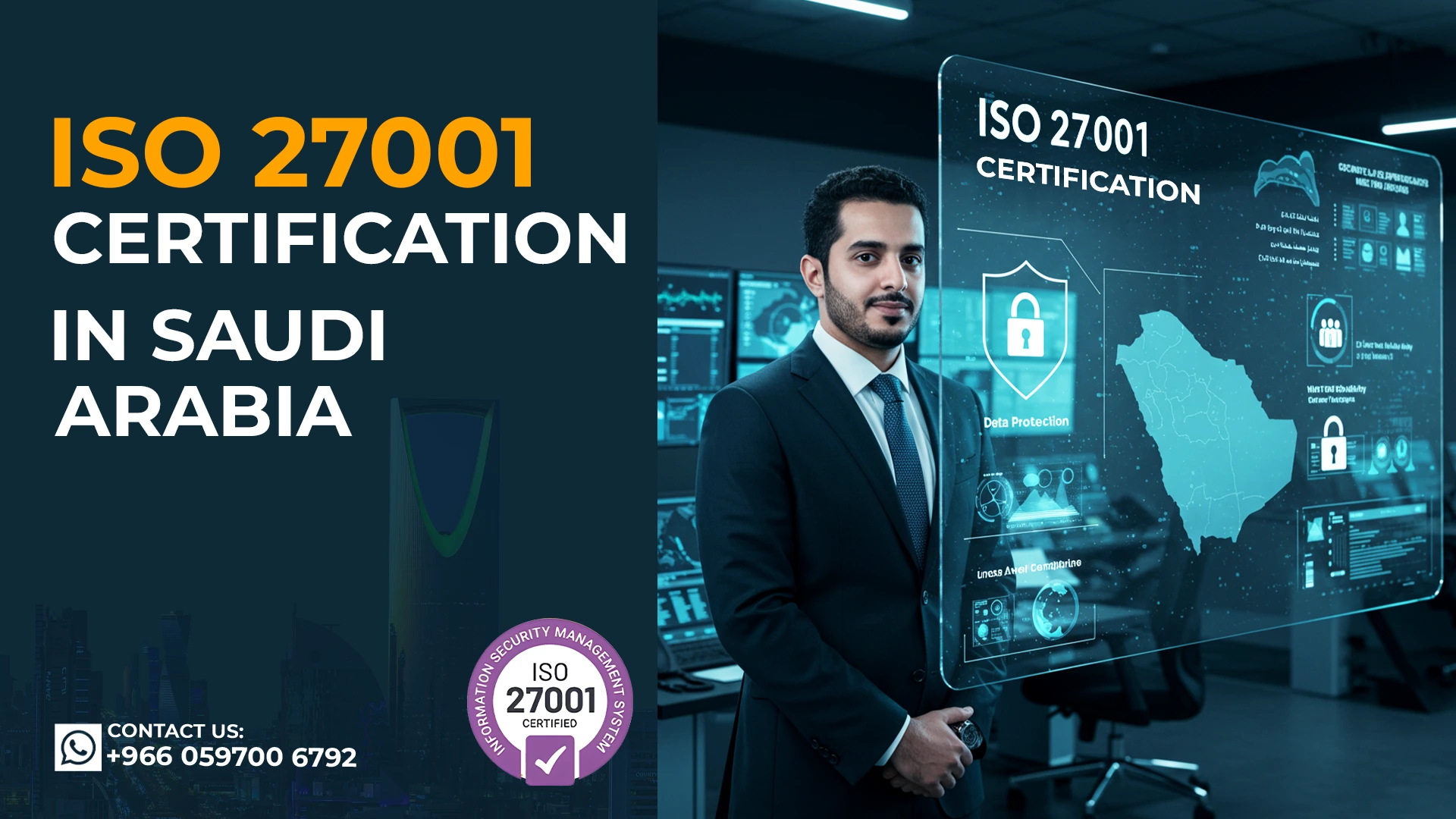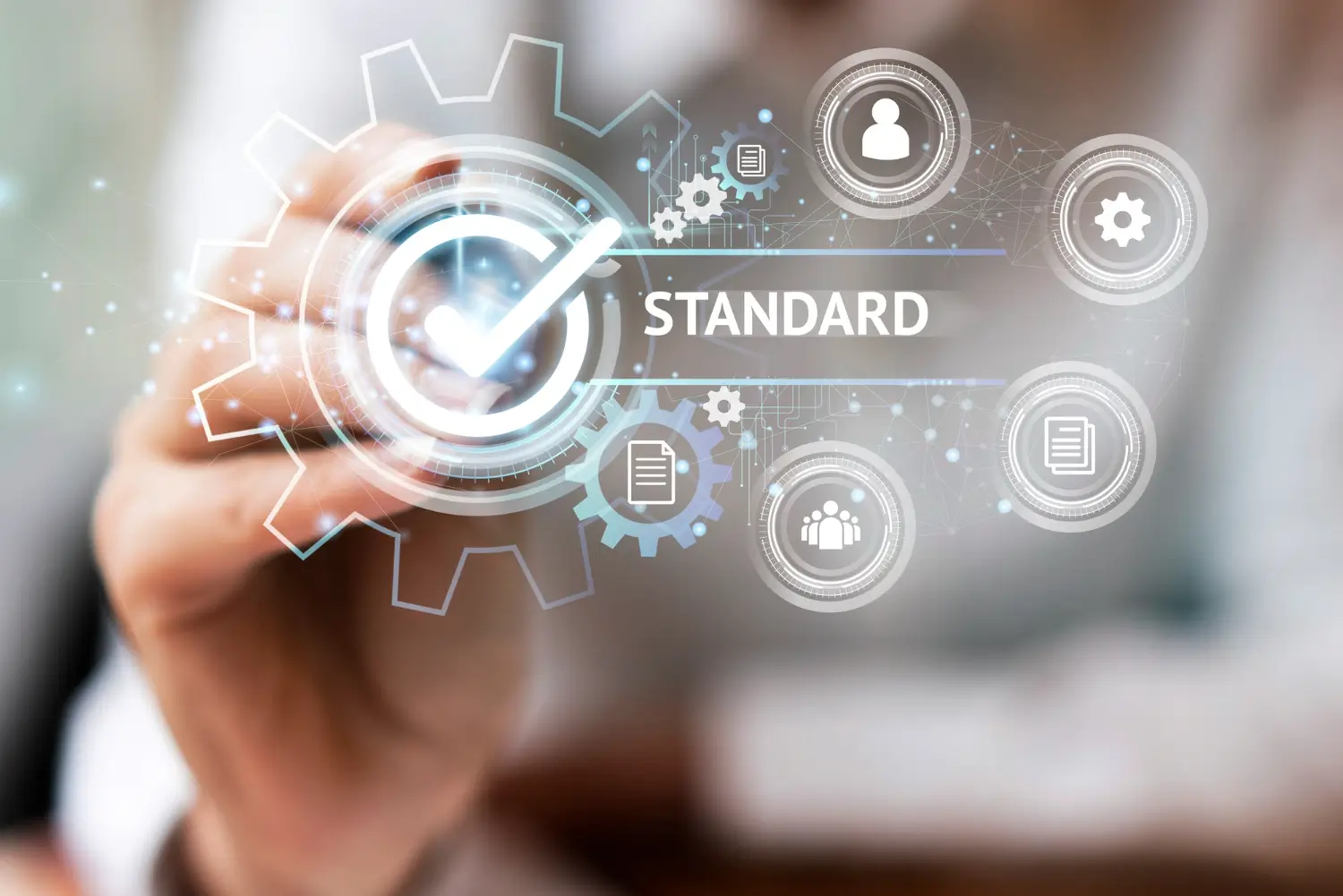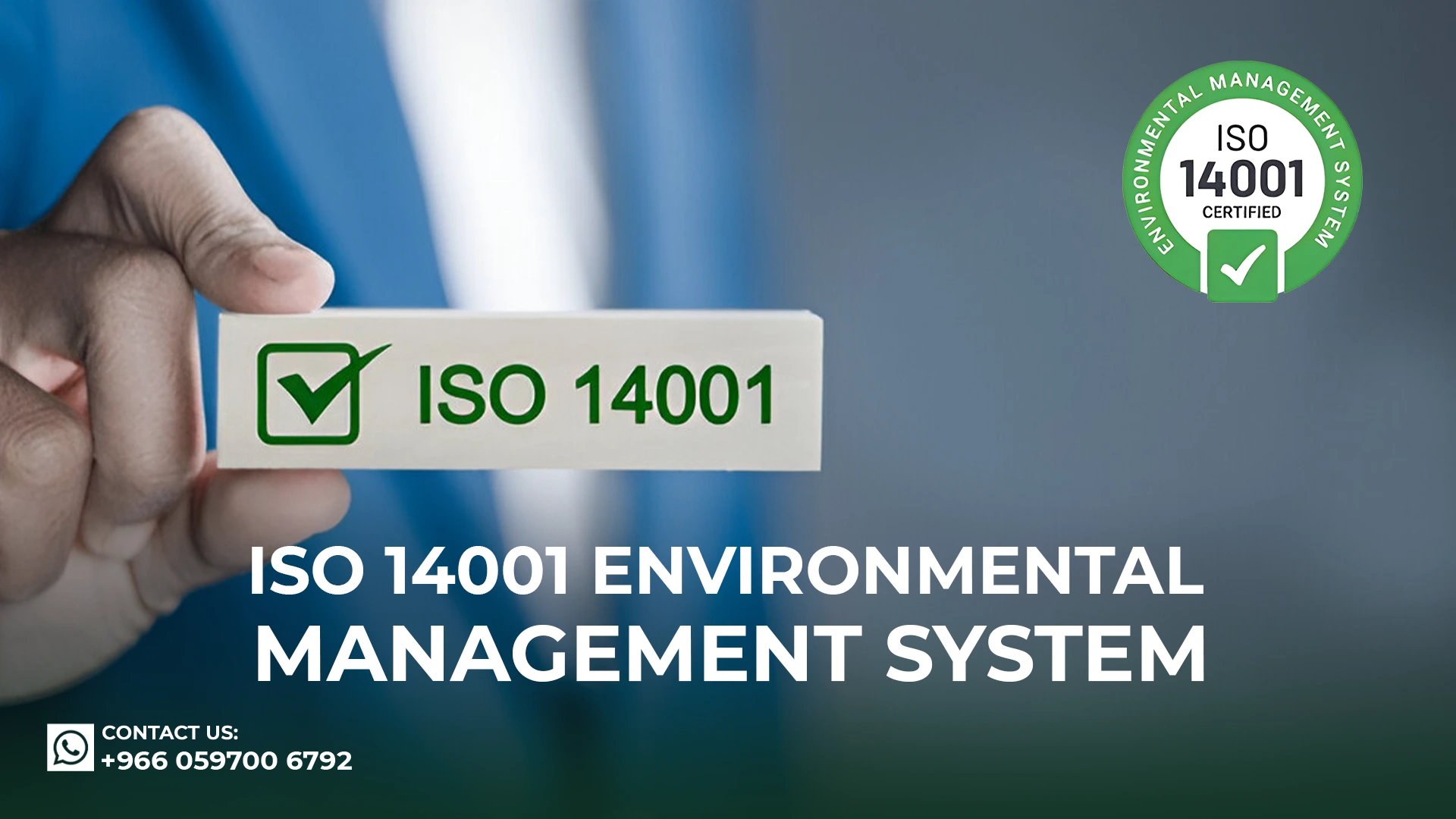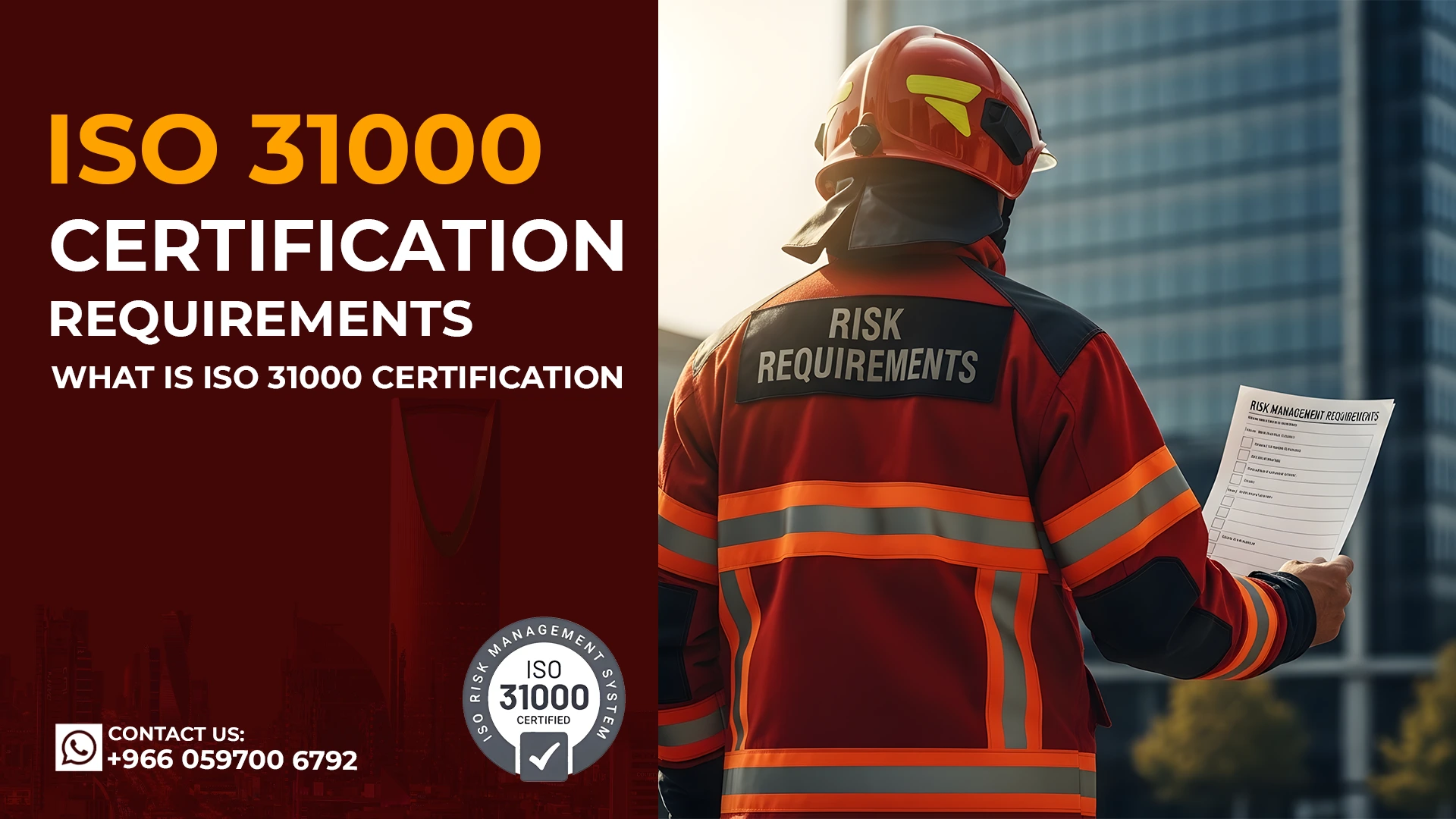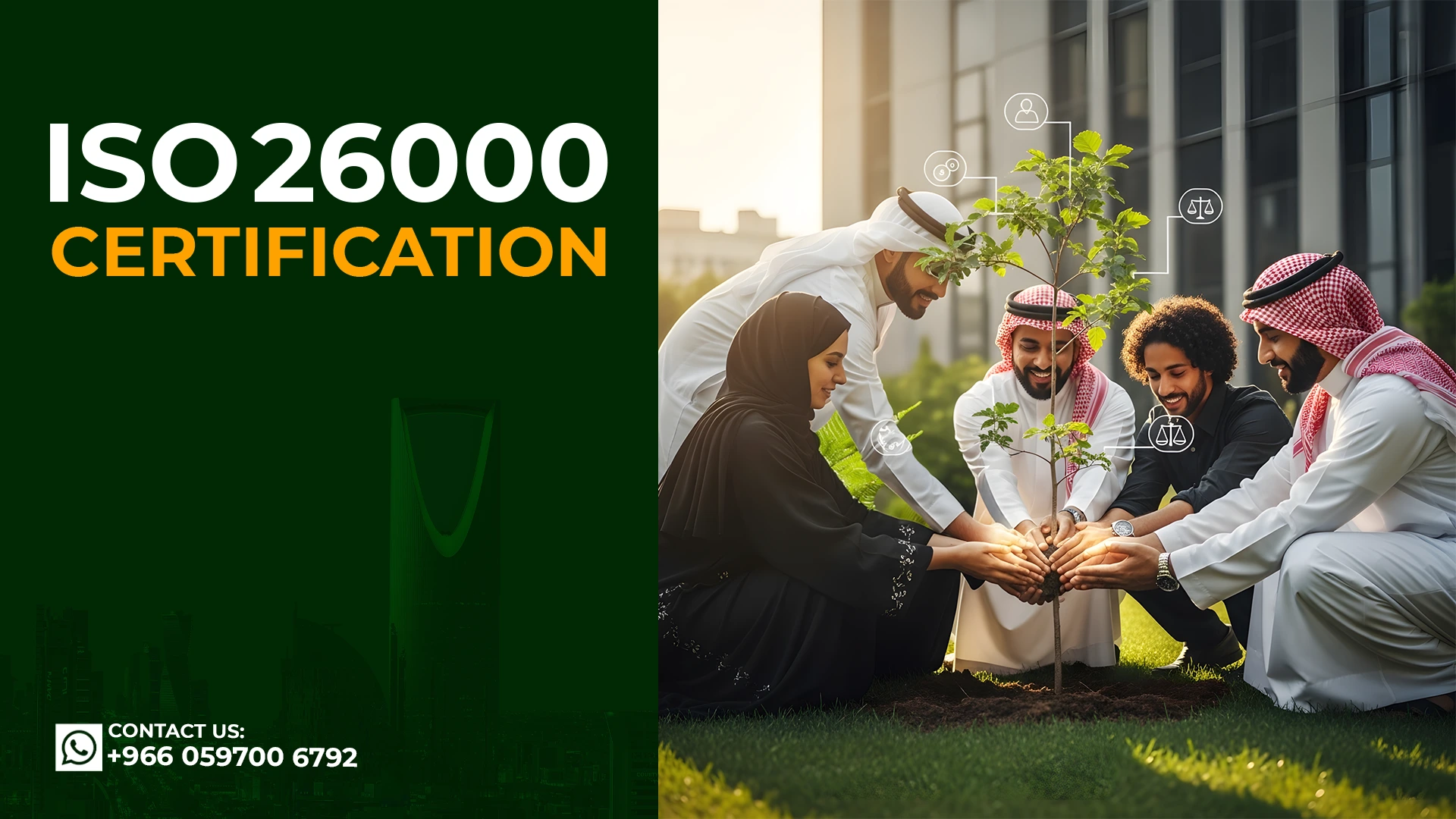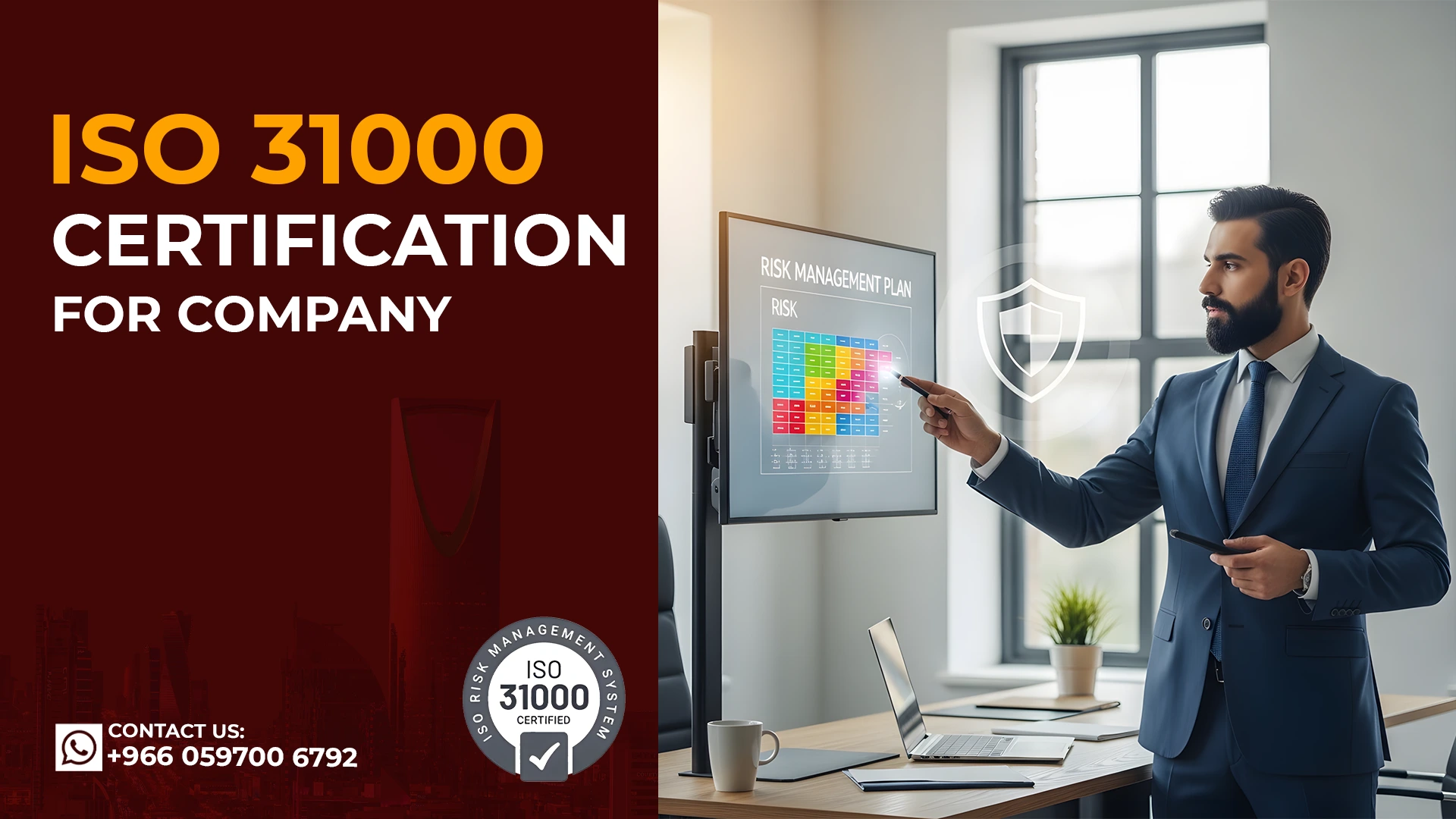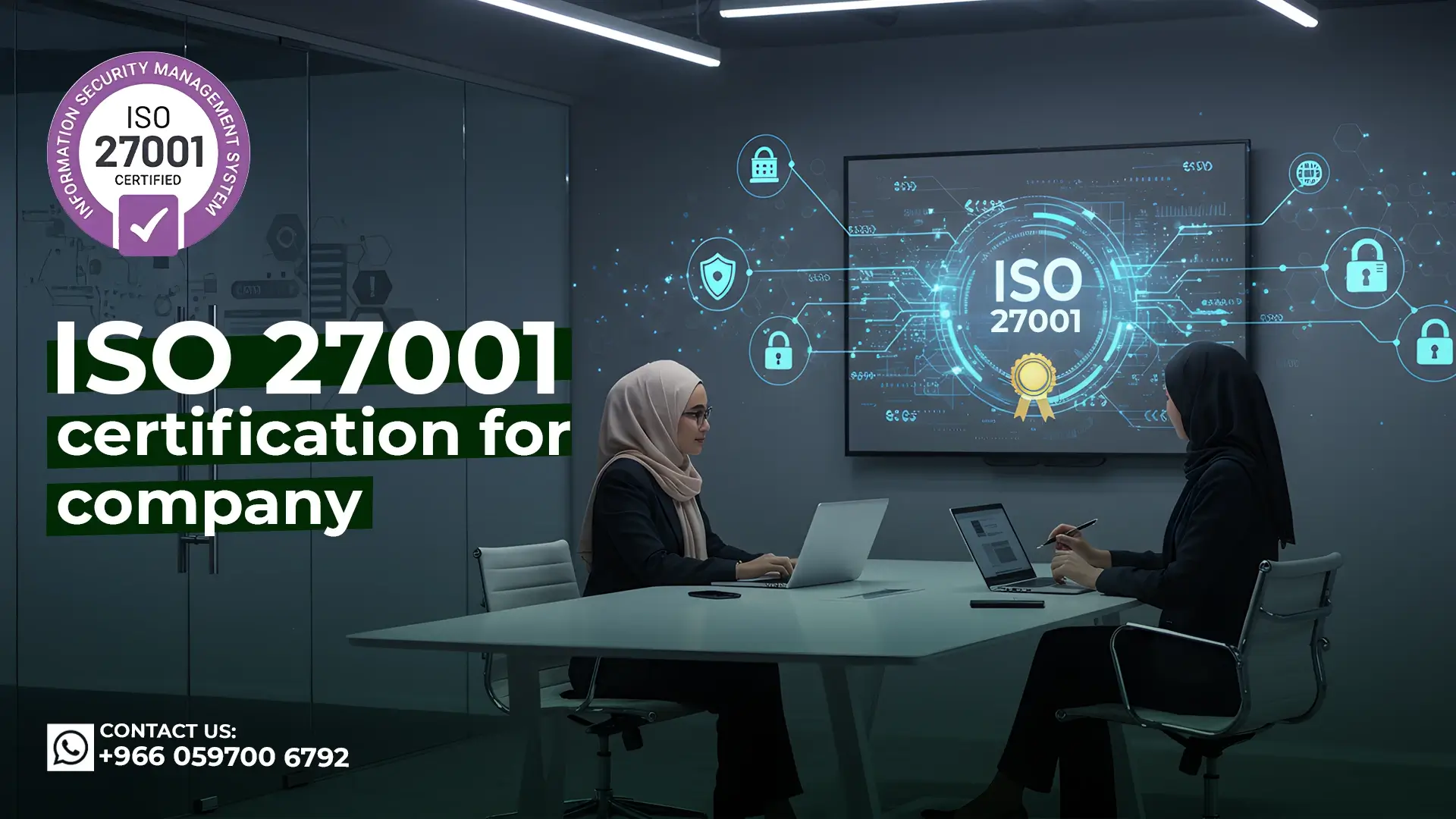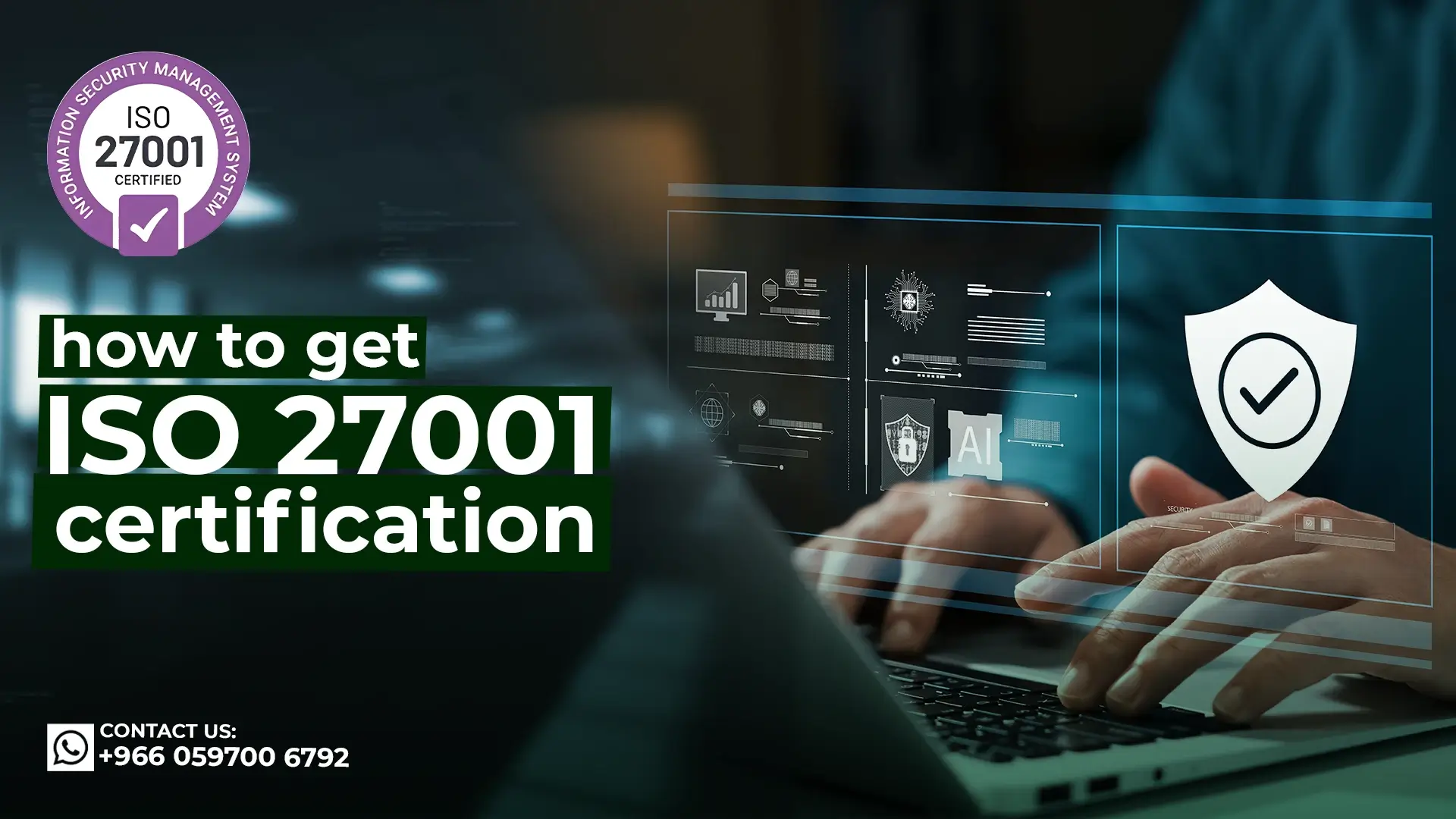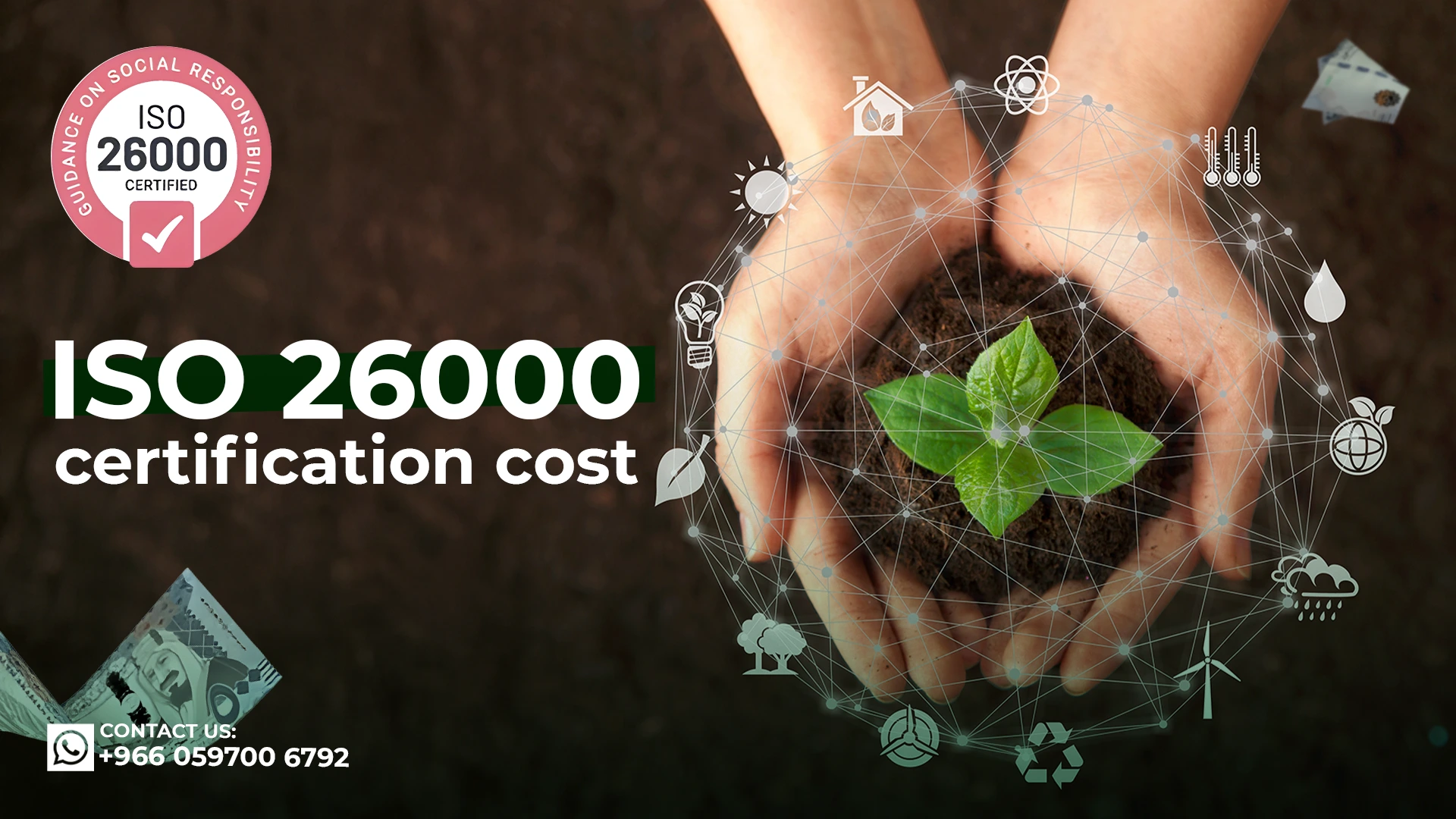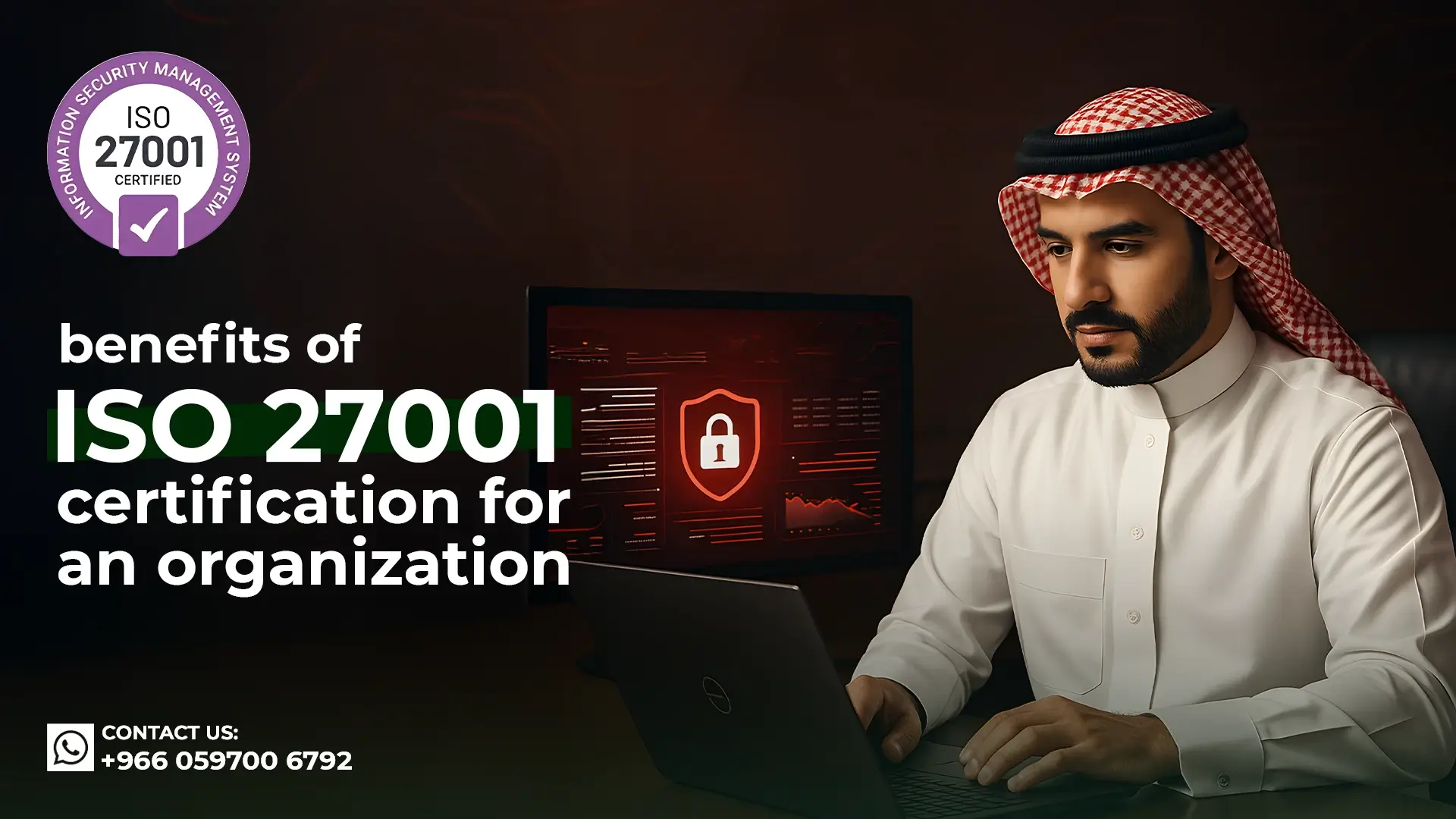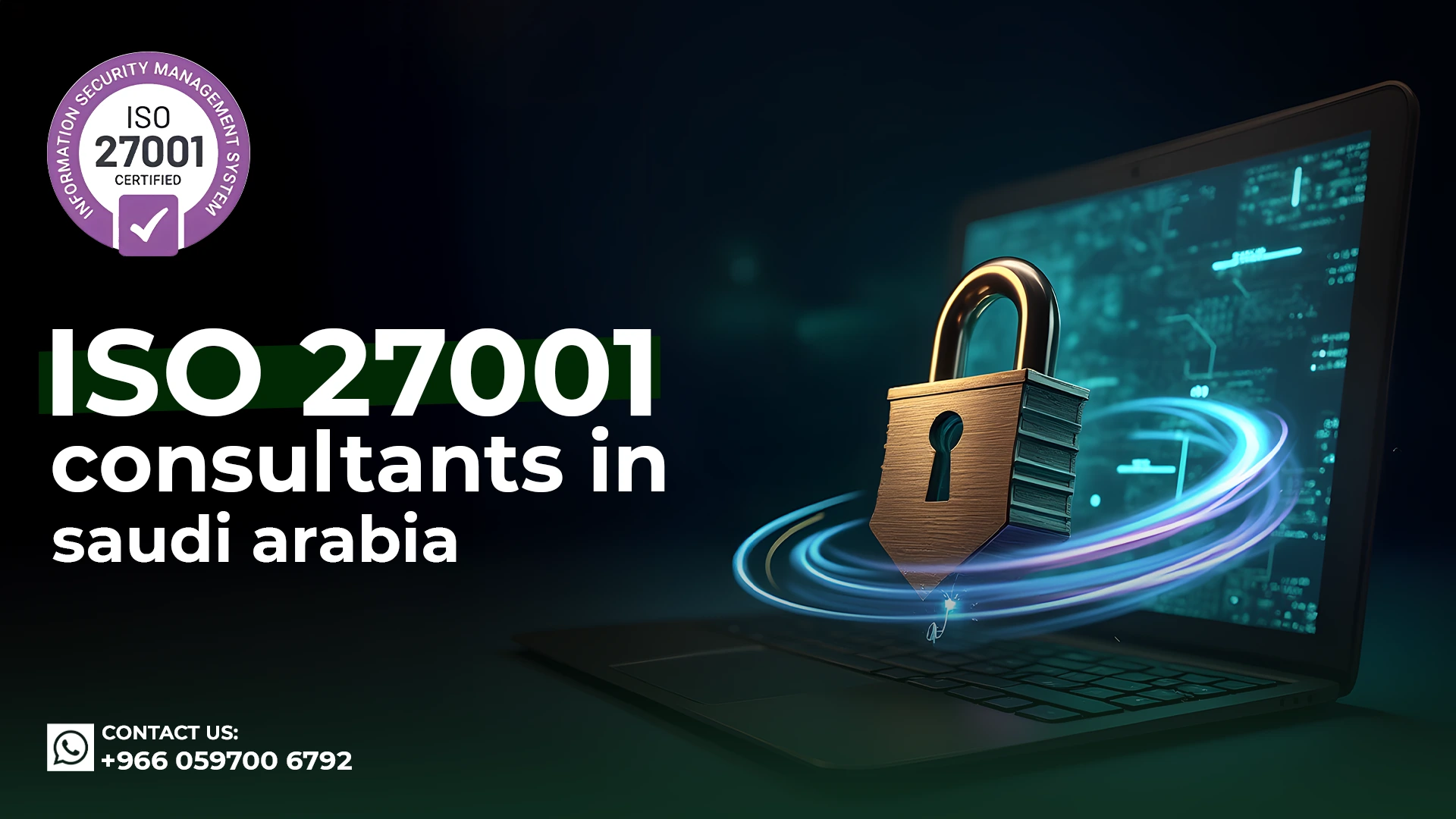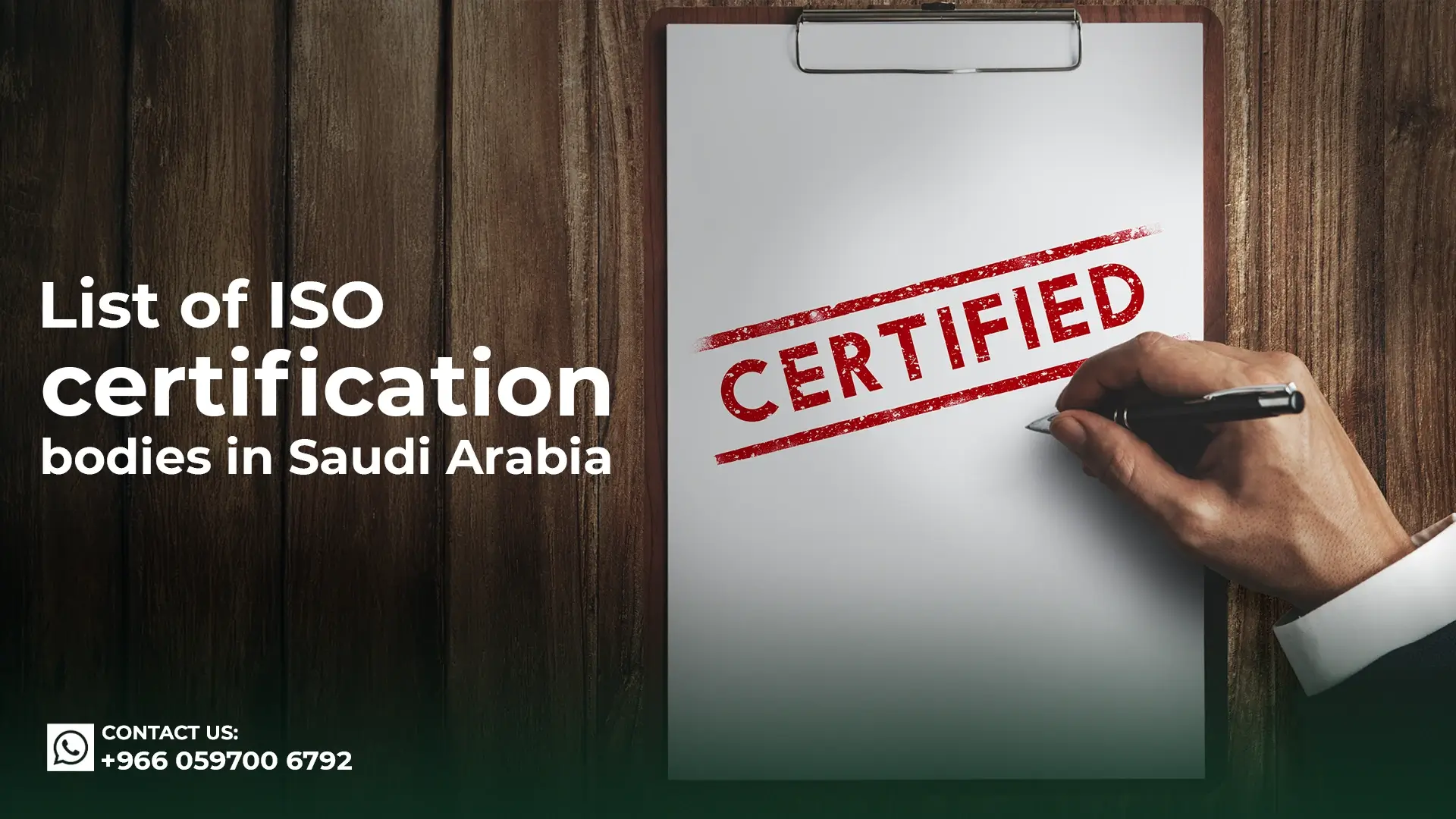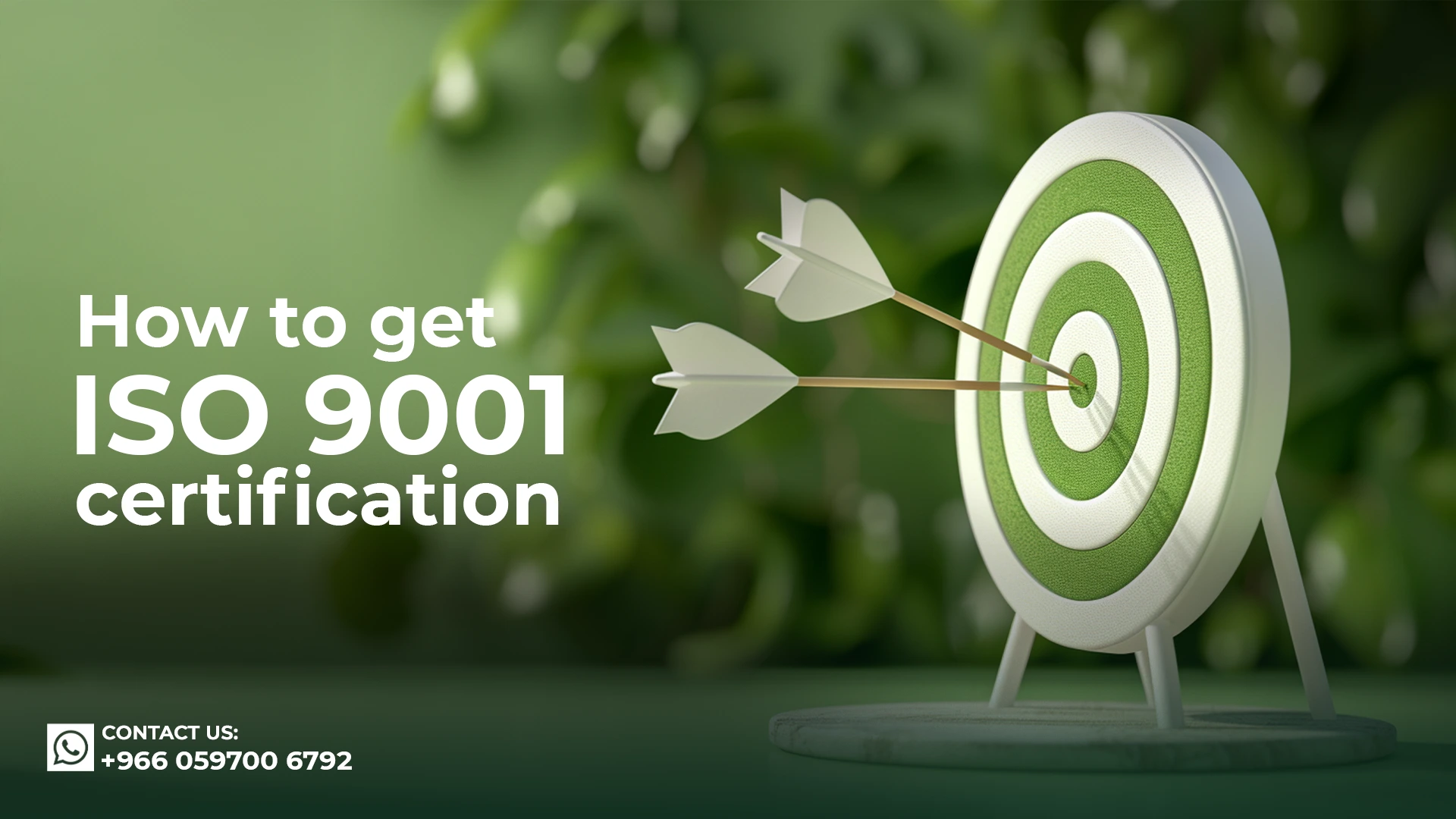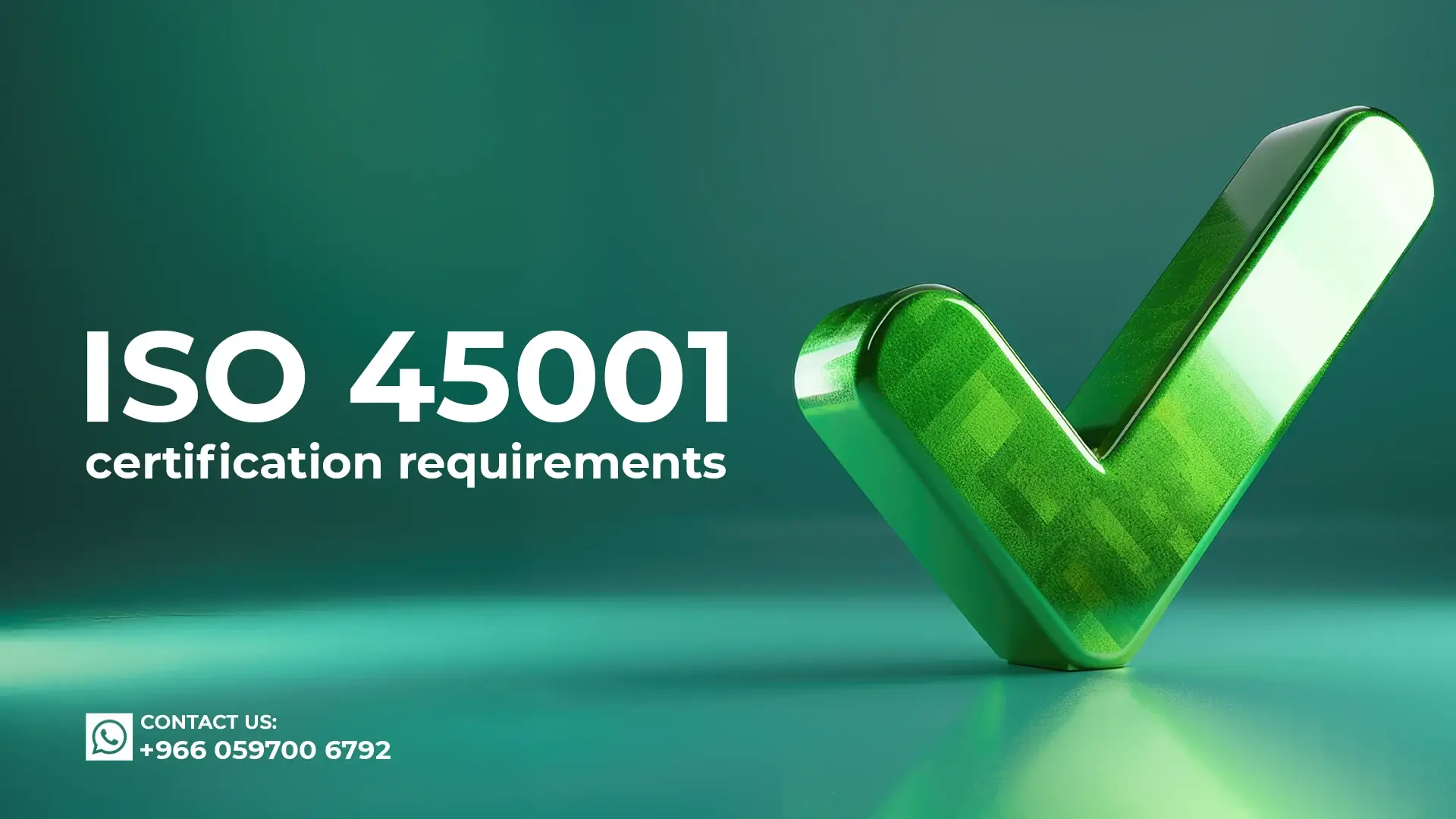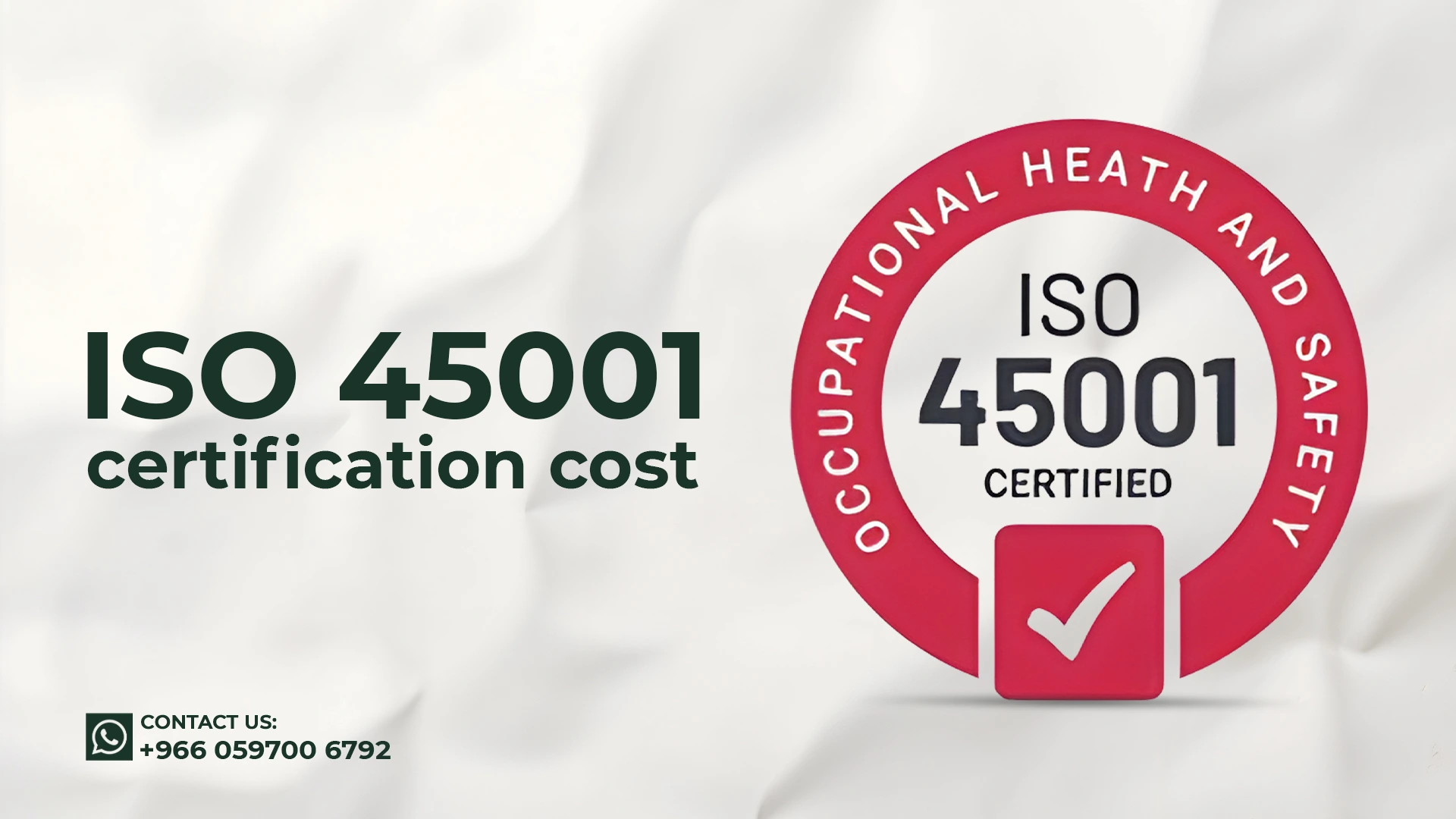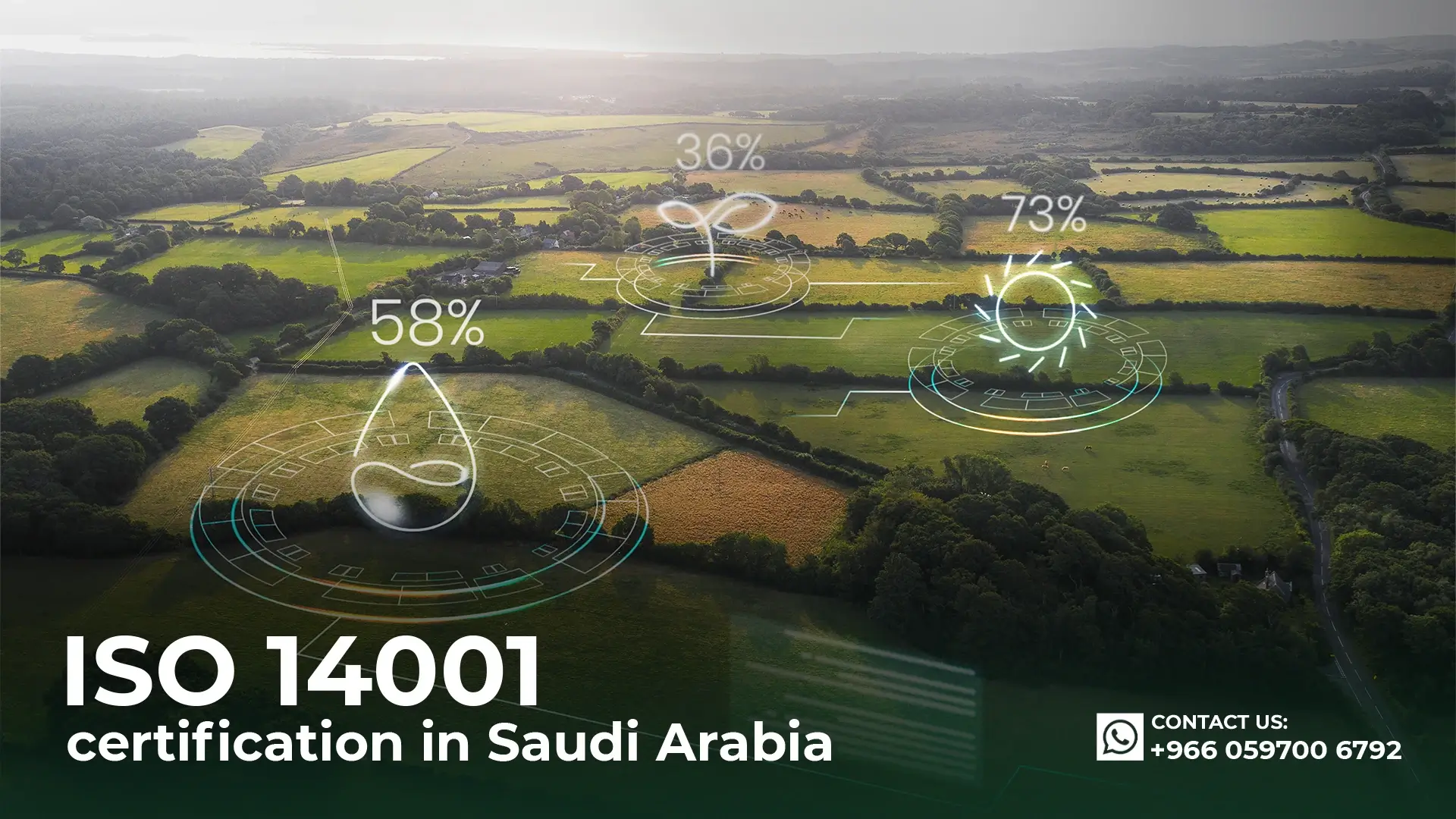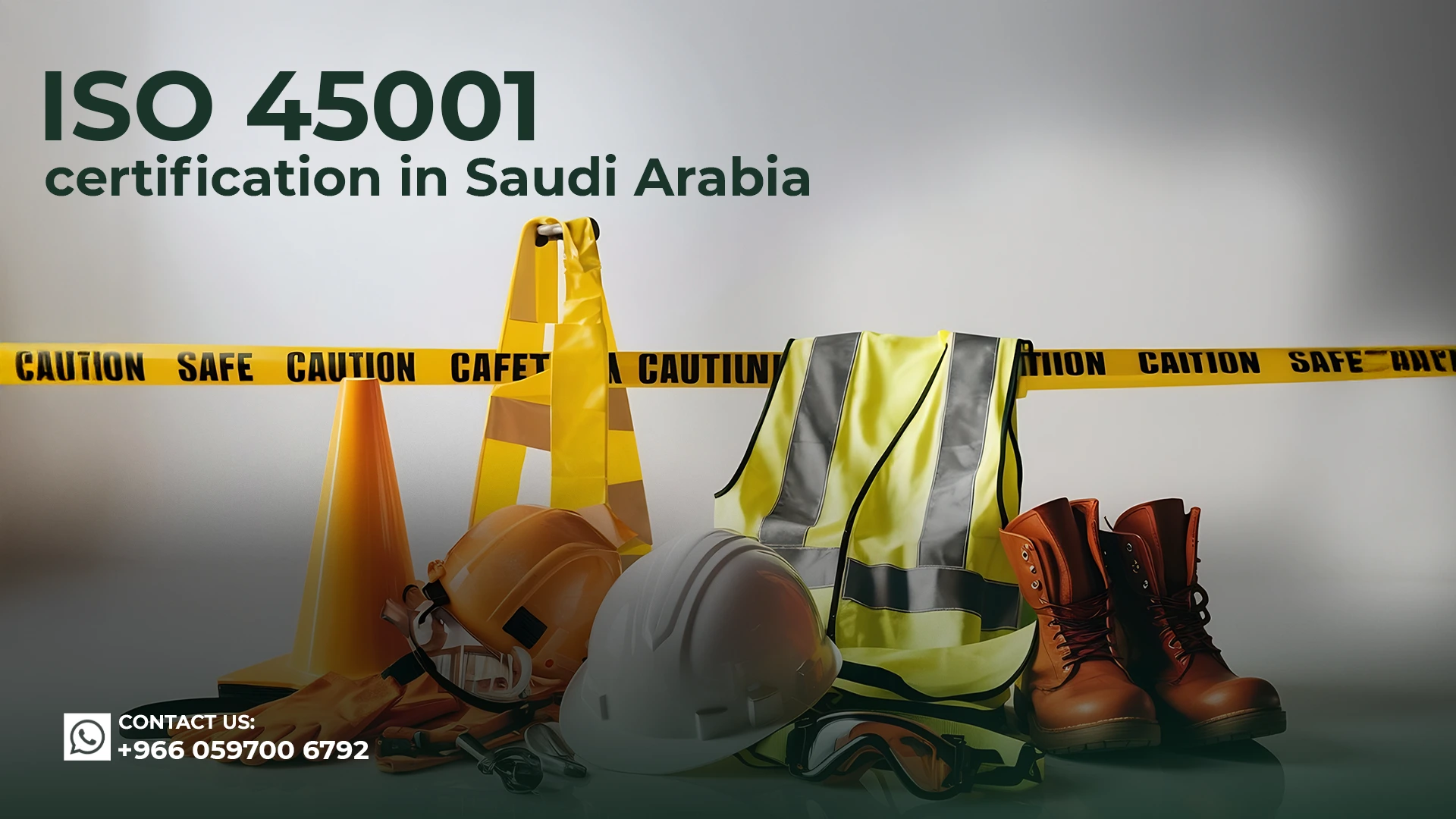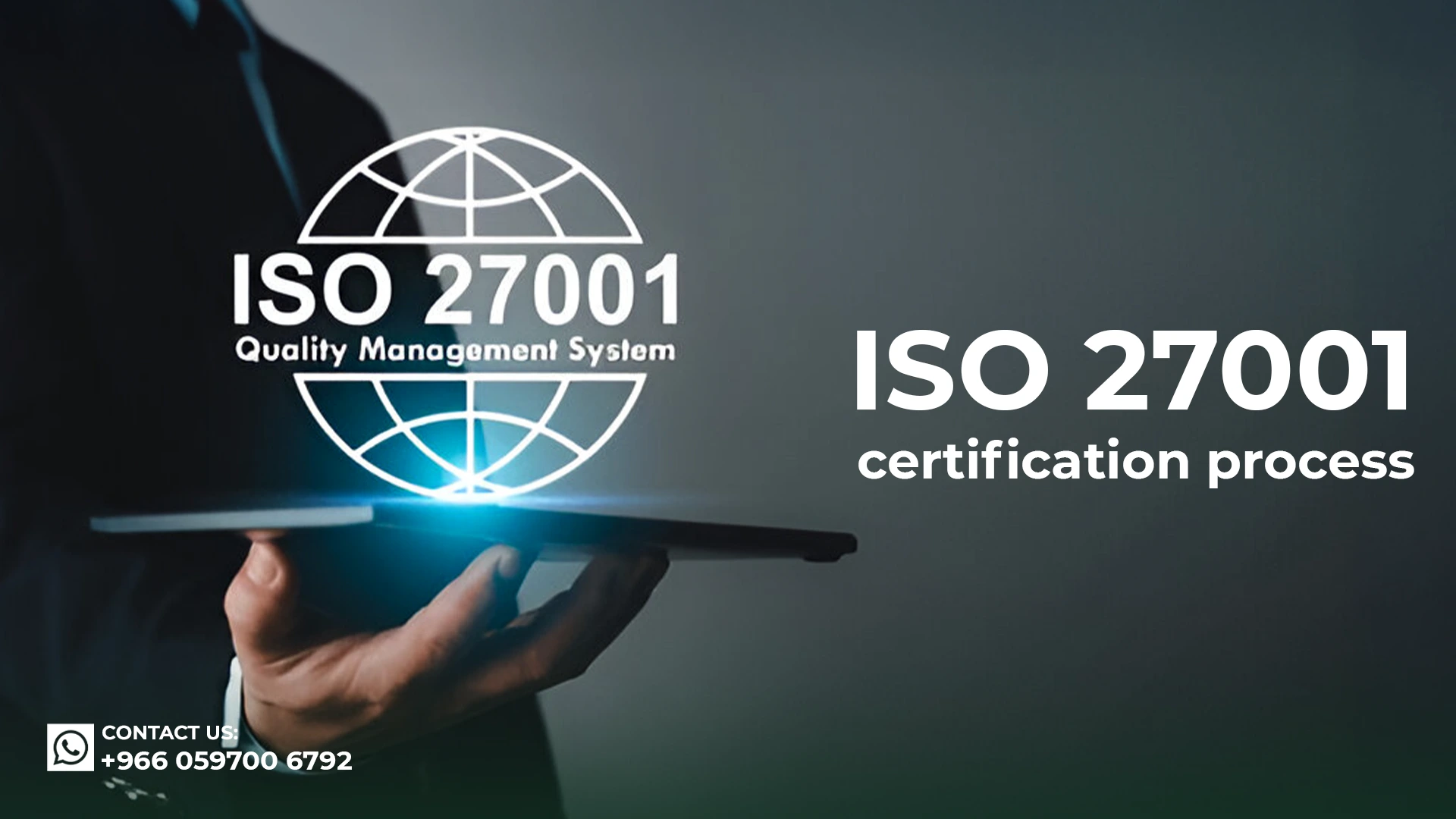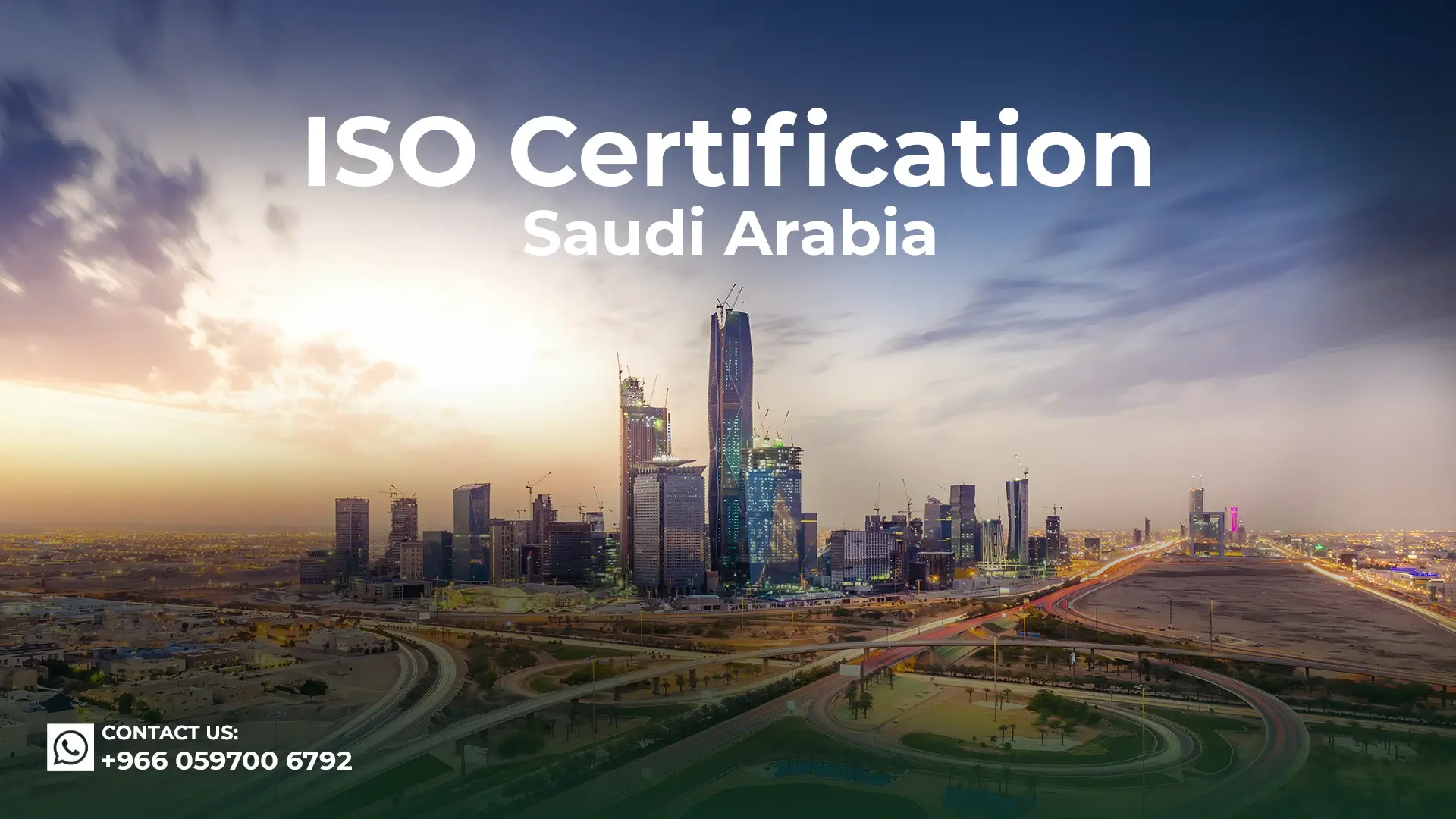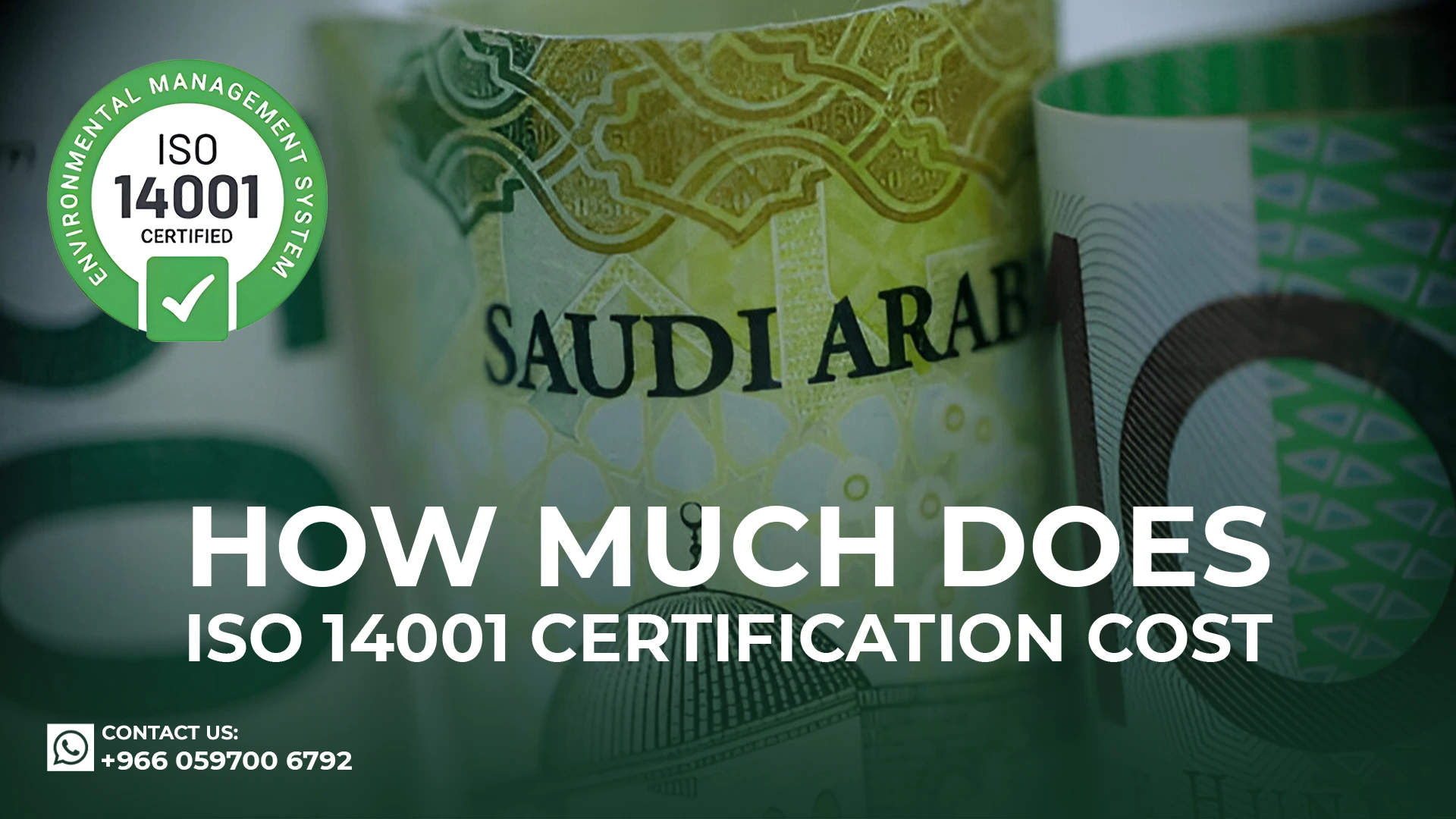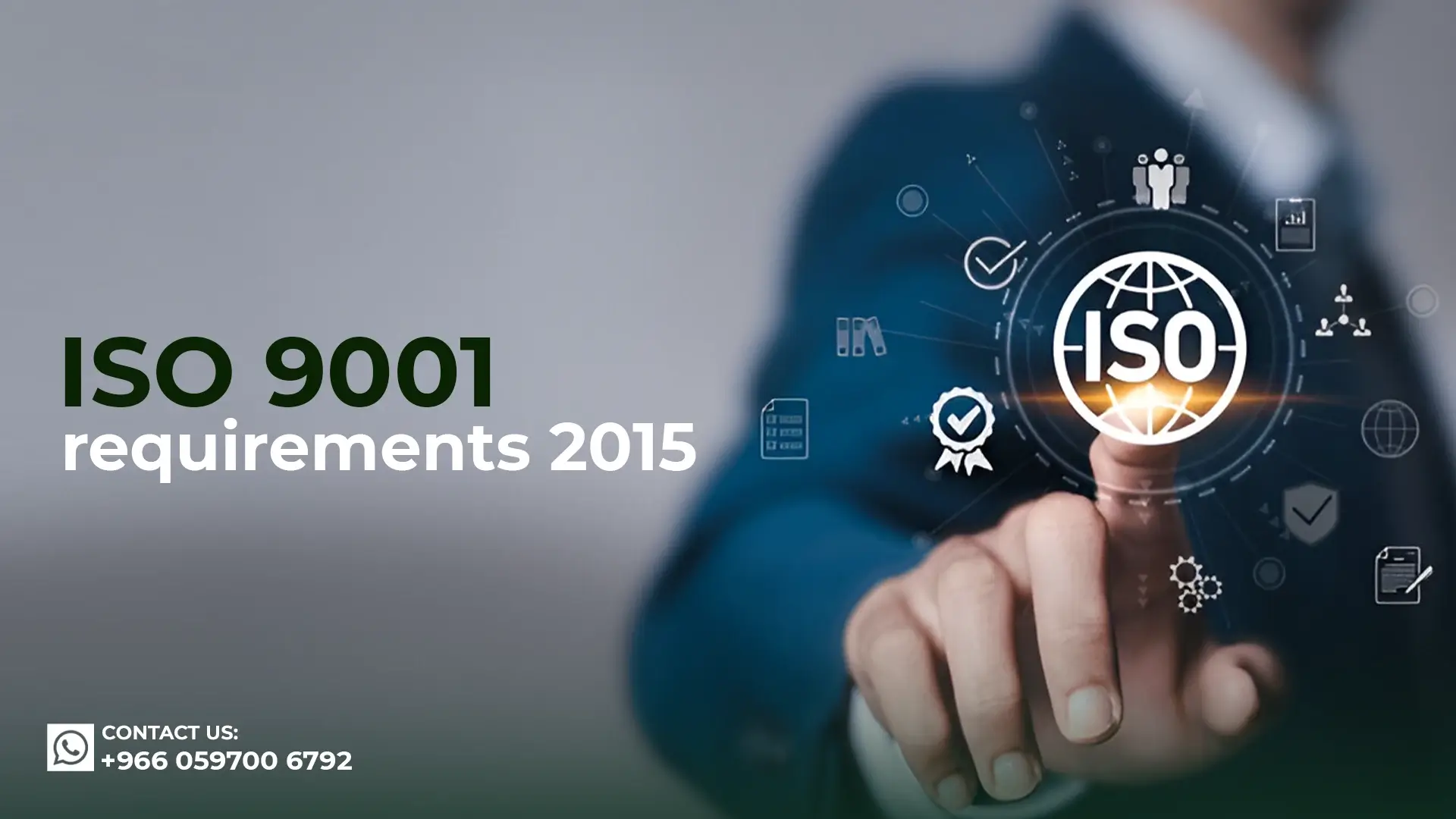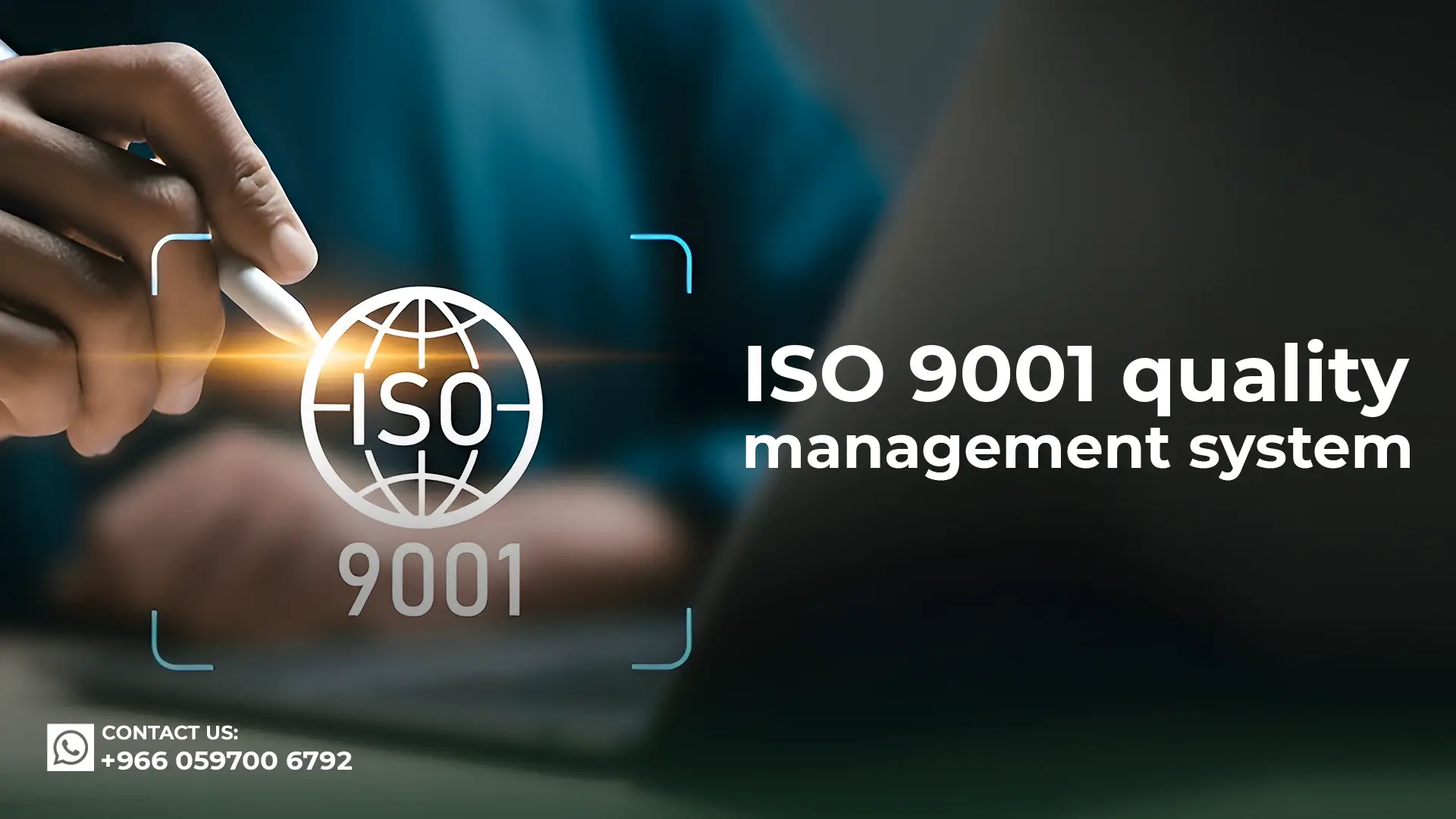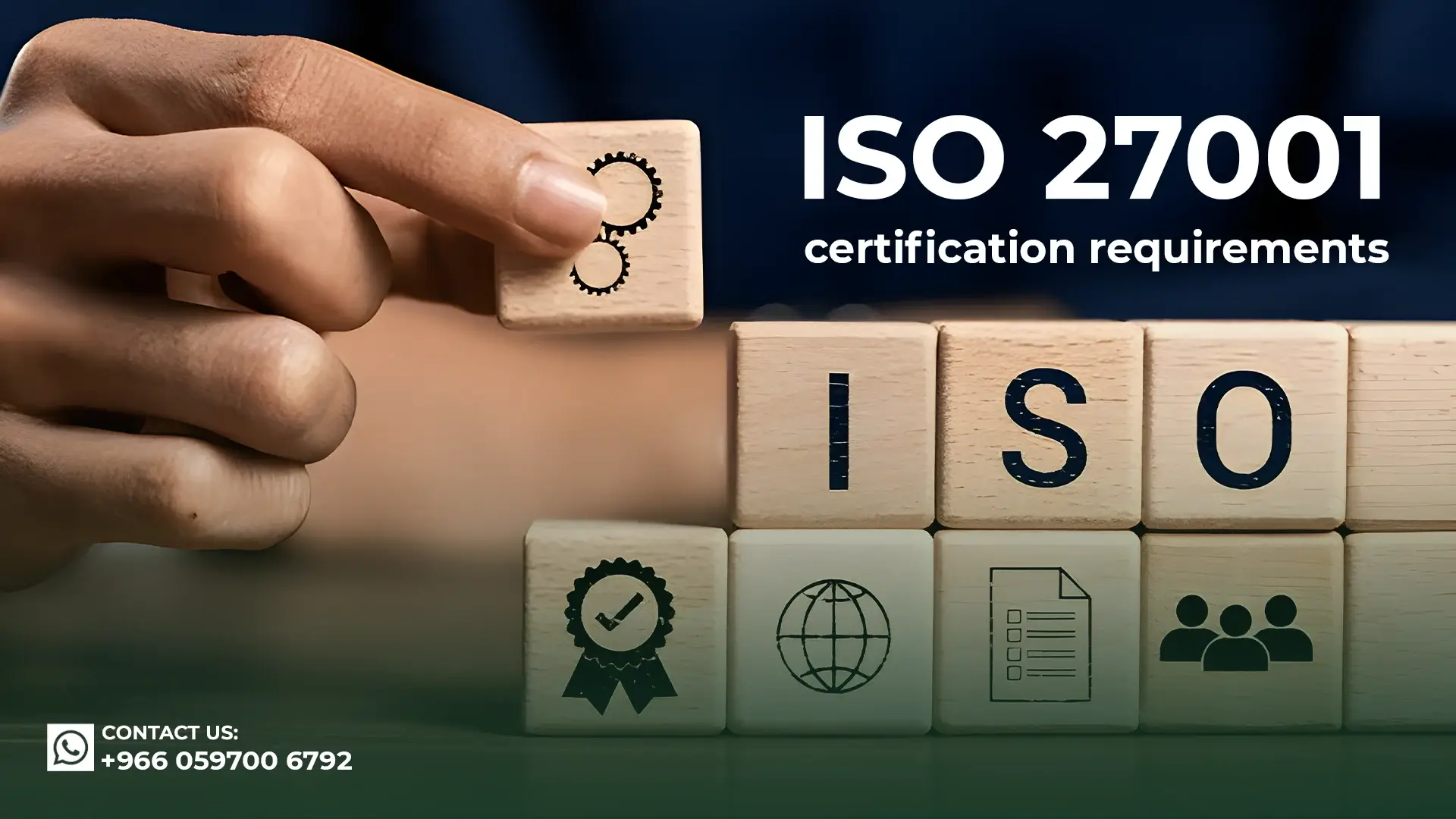ISO 26000 certification is considered one of the most important standards set by the international ISO organization, which most companies seek to obtain to confirm their keenness to perform their role and duties towards society. So, what are ISO 26000 standards, and what are the most important ISO 26000 requirements? This is what we will discuss later in detail.
What is ISO 26000?
ISO 26000 is the international standard for social responsibility. Applying its principles helps organizations formulate and implement a long-term social responsibility strategy regardless of the nature of their work or specialty.
Benefits of Implementing the International Standard for Social Responsibility (ISO 26000)
Implementing ISO 26000 standards will undoubtedly bring significant benefits to the organization and the whole community, as follows:
- It will help business owners develop a CSR strategy tailored to their company and aligned with its community service capabilities.
- The ability to modify this strategy to be compatible with all relevant stakeholders, whether legal, cultural, or political.
- ISO 26000 will also help you manage all of your company’s environmental and social issues more easily and professionally.
- Developing a customized strategy for implementing the principles of ISO 26000 can help engage employees and business partners in implementing this strategy, enabling them to play their part in social responsibility according to their roles and the nature of their work.
- No doubt also that obtaining ISO 26000 certification is a powerful supporter in gaining greater trust and credibility as a socially responsible organization, which enhances the organization’s standing in society as a whole.
- Helps increase the interest of investors, donors, sponsors, and the financial community to work as partners with your organization.
- It helps broaden awareness of social responsibility and spread this culture among all employees of the organization.
On the other hand, obtaining ISO 26000 helps consolidate and improve relationships with companies, governments, the media, and suppliers, thus enhancing the company’s position and making it highly valued and respected by all.
Explore More: ISO certification in Saudi Arabia
iso 26000 principles
Understanding these principles is a key in implementing iso 26000 requirements, which include
- Commitment to accountability
- Focusing on transparency
- Valuing and respecting stakeholder interests
- Upholding ethical conduct
- Completely Adherence to the rule of law
- Alignment with international standards of all aspects of social responsibility
- Respecting human rights
iso 26000 requirements
It’s worth noting that the ISO 26000 standard is not based on ISO 26000 requirements. Rather, it is a guide that helps organizations understand the meaning of social responsibility and thus develop their strategies that help them activate their role towards society, whether through preserving the environment, spreading knowledge and culture, providing training and employment opportunities, or other aspects of social responsibility.
Therefore, there are no absolute terms that an organization must implement to obtain ISO 26000, but developing its own strategy and then activating its societal role makes it eligible for ISO 26000.
Is ISO 26000 a certificate?
ISO 26000 does not provide a formal audit certification or audit process. Instead, it provides comprehensive guidance on social responsibility, besides offering some recommendations for organizations to be able to integrate responsible practices into all operations.
Steps of implementing ISO 26000
Just a few but accurate steps will make your organization eligible to iso 26000:
- Understand this standard by reading and familiarizing yourself with the guidance and knowing the key principles of it.
- You should seek the assistance of a company specializing in providing ISO services to help you understand all the provisions of the ISO 26000 guideline, develop an appropriate strategy to activate your organization’s role in social responsibility, and assist you in implementing it.
- Identify areas of conformity to ISO 26000 requirements and areas for improvement by applying a gap analysis strategy.
- When developing your CSR strategy, set priorities and goals by focusing on improving the areas most relevant to your business (e.g., labor practices, fair operating practices, and environmental impact).
- You must be well aware that commitment to social responsibility is an ongoing journey, so you must commit to continuous improvement. So continue to improve your practices, keep up with new developments, and listen to and take into account the opinions of stakeholders.
Therefore, adherence to these steps is not primarily aimed at obtaining certification, but rather focuses more on activating and affirming the company’s role in observing social responsibility.
Understand iso 26000 requirements easily with Modern Quality makers
Modern Quality Makers Company is the smart assistant for all companies and institutions in the Kingdom of Saudi Arabia that wish to implement any ISO standard, including ISO 26000.
Our experts are fully aware of what any Saudi institution can offer to Saudi society in a way that achieves the public good of the institution and society as a whole, especially in light of achieving the goals of the Kingdom’s Vision 2030.
On the other hand, we are able to understand all the provisions of the guide provided by ISO for companies wishing to implement the ISO 26000 standard. As experienced ISO consultants in Saudi Arabia, we will help your organization identify the best community practices that it can best deliver to society, according to its field and work activities.
Finally, after explaining the important information about ISO 26000, such as ISO 26000 requirements, importance, and others, we advise you not to miss the opportunity to present a professional, prestigious, and respected image of your organization in the community. Contact us now to begin the steps to implement ISO 26000 standards.
Faqs about ISO 26000 Certificate:
What are the four areas in which ISO 26000 provides guidance?
These categories, which are considered key principles of ISO 26000, include: environmental, humanitarian, charitable, and economic responsibility.
Is ISO 26000 still relevant?
Yes, the increasing need for companies to adhere to their social responsibilities in societies makes it one of the most important ISO standards that is encouraged by countries and governments.
Which companies use ISO 26000?
ISO 26000 is not limited to one company or another, but is available to any company, whether a large international company, a small or medium-sized company, a for-profit company, a non-profit charitable organization, a hospital, an educational institution, or another.



